abstract base class for most classes. More...
#include <CORE_Object.h>
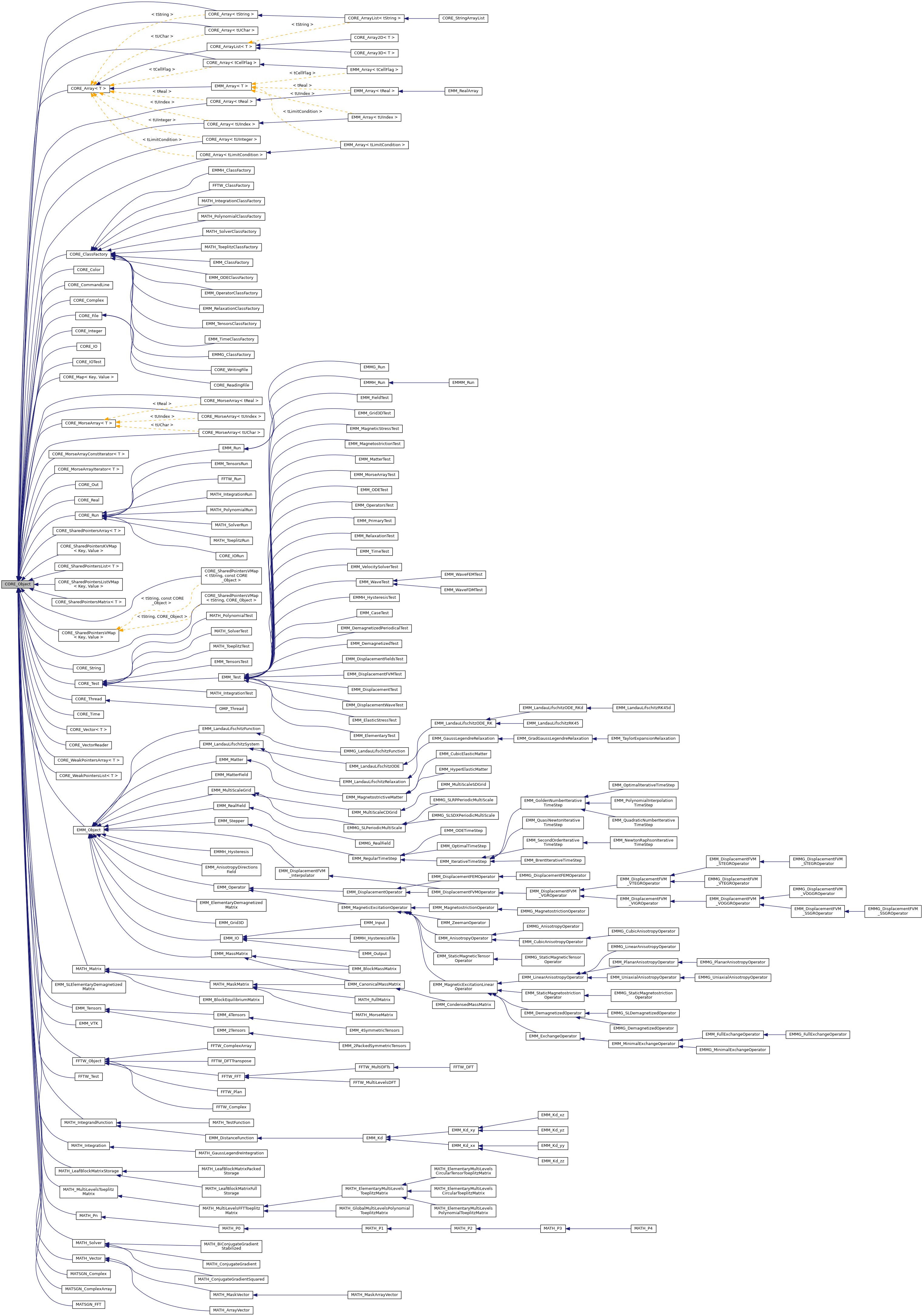
Classes | |
| class | Delete |
| class Free introduced for deleting a smart pointer More... | |
Public Member Functions | |
| void | getSharedPointer (SP::CORE_Object &p) |
| get the shared pointer of this class into p More... | |
| void | getSharedPointer (SPC::CORE_Object &p) const |
| get the shared pointer of this class into p More... | |
| tString | getClassName () const |
| return the class name of the object More... | |
| tString | getIdentityString () const |
| return the identity string of the object of the form className_at_address More... | |
| tString | getPointerAddress () const |
| return the identity string of the object More... | |
| template<class T > | |
| tBoolean | isInstanceOf () const |
| test if the clas T is an instance of this class More... | |
| tBoolean | isInstanceOf (const tString &name) const |
| test if the object is an instance of className More... | |
| virtual tString | toString () const |
| return the string representation of the object node More... | |
Static Public Member Functions | |
| static void | setIsMemoryChecked (const tBoolean &v) |
| set if the memory checking is used More... | |
| static void | setOut (SP::CORE_Out out) |
| set the output stream More... | |
| static void | resetOut () |
| reset the output stream More... | |
| static void | setThread (SP::CORE_Thread thread) |
| set the thread More... | |
| static void | resetThread () |
| reset the output stream More... | |
| static CORE_Out & | out () |
| get the output More... | |
| static SP::CORE_Out | getOut () |
| get the output More... | |
| static CORE_Thread & | getThread () |
| get the profilier More... | |
| static const tBoolean & | isMemoryChecked () |
| get if the memory checking is used More... | |
| static tString | getClassName (const tString &identityString) |
| return the class name of the object More... | |
| template<class T > | |
| static tString | getTypeName () |
| get type name More... | |
| static tBoolean | is64Architecture () |
| return true if the machine is a 64 bits machine More... | |
| static tBoolean | is32Architecture () |
| return true if the machine is a 32 bits machine More... | |
| static tString | pointer2String (const void *obj) |
| return the string representation of a pointer More... | |
| static void | printObjectsInMemory (ostream &f) |
| print object in memory More... | |
| static void | printObjectsInMemory () |
| print object in memory in the standart output More... | |
| static tChar | getMaxChar () |
| get the max value for tChar type More... | |
| static tChar | getMinChar () |
| get the min value for tChar type More... | |
| static tUChar | getMaxUChar () |
| get the max value for tUChar type More... | |
| static tUChar | getMinUChar () |
| get the min value for tUChar type More... | |
| static tSInt | getMaxSInt () |
| get the max value for tSInt type More... | |
| static tSInt | getMinSInt () |
| get the min value for tSInt type More... | |
| static tUSInt | getMaxUSInt () |
| get the max value for tUSInt type More... | |
| static tUSInt | getMinUSInt () |
| get the min value for tUSInt type More... | |
| static tInt | getMaxInt () |
| get the max value for tInt type More... | |
| static tInt | getMinInt () |
| get the min value for tInt type More... | |
| static tUInt | getMaxUInt () |
| get the max value for tUInt type More... | |
| static tUInt | getMinUInt () |
| get the min value for tUInt type More... | |
| static tLInt | getMaxLInt () |
| get the max value for tLInt type More... | |
| static tLInt | getMinLInt () |
| get the min value for tLInt type More... | |
| static tULInt | getMaxULInt () |
| get the max value for tULInt type More... | |
| static tULInt | getMinULInt () |
| get the min value for tULInt type More... | |
| static tLLInt | getMaxLLInt () |
| get the max value for tULInt type More... | |
| static tLLInt | getMinLLInt () |
| get the min value for tLLInt type More... | |
| static tULLInt | getMaxULLInt () |
| get the max value for tULLInt type More... | |
| static tULLInt | getMinULLInt () |
| get the min value for tULLInt type More... | |
| static tFloat | getMaxFloat () |
| get the max value for tFloat type More... | |
| static tFloat | getMinFloat () |
| get the min value for tFloat type More... | |
| template<class T > | |
| static T | getEpsilon () |
| get the epsilon value for T type More... | |
| template<class T > | |
| static T | getInfinity () |
| get the infinity for T type More... | |
| static tFloat | getFloatEpsilon () |
| get the epsilon value for tFloat type More... | |
| static tFloat | getFloatInfinity () |
| get the infinity value for tFloat type More... | |
| static tDouble | getMaxDouble () |
| get the max value for tDouble type More... | |
| static tDouble | getMinDouble () |
| get the min value for tDouble type More... | |
| static tDouble | getDoubleInfinity () |
| get the infinity value for tFloat type More... | |
| static tDouble | getDoubleEpsilon () |
| get the epsilon value for tDouble type More... | |
| static tLDouble | getMinLDouble () |
| get the min value for tLDouble type More... | |
| static tLDouble | getMaxLDouble () |
| get the max value for tLDouble type More... | |
| static tLDouble | getLDoubleEpsilon () |
| get the epsilon value for tLDouble type More... | |
| static tDouble | getLDoubleInfinity () |
| get the infinity value for tDouble type More... | |
| static tIndex | getMaxIndex () |
| get the max value for the array/vector indexing type More... | |
| static tIndex | getMinIndex () |
| get the min value for the array/vector indexing type More... | |
| static tUIndex | getMaxUIndex () |
| get the max value for difference the array/vector indexing type More... | |
| static tUIndex | getMinUIndex () |
| get the min value for difference the array/vector indexing type More... | |
| static tFlag | getMaxFlag () |
| get the max value for the tFlag type More... | |
| static tFlag | getMinFlag () |
| get the min value for the tFlag type More... | |
| static tUInteger | getMaxUInteger () |
| get the max value for the unsigned integer type More... | |
| static tUInteger | getMinUInteger () |
| get the min value for the unsigned integer type More... | |
| static tInteger | getMaxInteger () |
| get the max value for the integer type More... | |
| static tInteger | getMinInteger () |
| get the min value for the integer type More... | |
| static tReal | getMaxReal () |
| get the max value for the real type More... | |
| static tReal | getMinReal () |
| get the min value for the real type More... | |
| static tReal | getRealEpsilon () |
| get the eps which is the difference between 1 and the least value greater than 1 that is representable. More... | |
| static tReal | getRealInfinity () |
| get the infinity value More... | |
| template<class T > | |
| static T | computeEpsilon () |
| compute epsilon More... | |
Protected Member Functions | |
| void | setThis (SP::CORE_Object p) |
| set this weak shared pointer called toDoAfterThis setting method More... | |
| CORE_Object () | |
| build an object More... | |
| virtual | ~CORE_Object () |
| destroy an object More... | |
| virtual void | toDoAfterThisSetting () |
| method called after setThis() method this method can oly be called once. More... | |
Private Member Functions | |
| SP::CORE_Object | getThis () |
| get this shared pointer associated to this class More... | |
| SPC::CORE_Object | getThis () const |
| get this shared pointer associated to this class More... | |
Private Attributes | |
| WP::CORE_Object | mThis |
Static Private Attributes | |
| static SP::CORE_Out | OUT =CORE_Out::New(CORE_Out::SCREEN_OUTPUT) |
| static SP::CORE_Thread | THREAD =CORE_Thread::New() |
| static tBoolean | mIsMemoryTesting =false |
| indicator to store all classes created and deleted only for debuging version More... | |
| static map< tString, CORE_Object * > | mObjects |
Friends | |
| class | Delete |
| ostream & | operator<< (ostream &out, const CORE_Object &obj) |
| print the class object More... | |
Detailed Description
abstract base class for most classes.
CORE_Object is the base class for most objects in the CORE toolkit
It performs reference counting by using smart pointer: To get the shared pointer associated to this object the setThis() method must be called after each New created to create the sahred pointer. For example suppose who want to create a share pointer associated to the class A, the static New method must be called:
To get the shared pointer associated to A, call
It enables:
- to check the memory allocation setIsMemoryCheck()
- it print ( print() ) value of defined type in the output defined by setOutput()
Constructor & Destructor Documentation
◆ CORE_Object()
|
protected |
build an object
References mIsMemoryTesting, mObjects, pointer2String(), and tString.
Referenced by getThis().


◆ ~CORE_Object()
|
protectedvirtual |
destroy an object
References mIsMemoryTesting, mObjects, pointer2String(), and tString.
Referenced by getThis().


Member Function Documentation
◆ computeEpsilon()
|
inlinestatic |
compute epsilon
- Returns
- the epsilon value eps=10^{-p/3} where p is defined by getEpsilon()=10^{-p}
◆ getClassName() [1/2]
| tString CORE_Object::getClassName | ( | ) | const |
return the class name of the object
- Returns
- the class name of the object
References tString.
Referenced by getIdentityString(), EMM_Operator::getName(), and isMemoryChecked().

◆ getClassName() [2/2]
return the class name of the object
- Parameters
-
identityString the identity string of the object
- Returns
- the class name
◆ getDoubleEpsilon()
|
inlinestatic |
get the epsilon value for tDouble type
- Returns
- the epsilon value for tDouble type
Referenced by CORE_Test::testType().
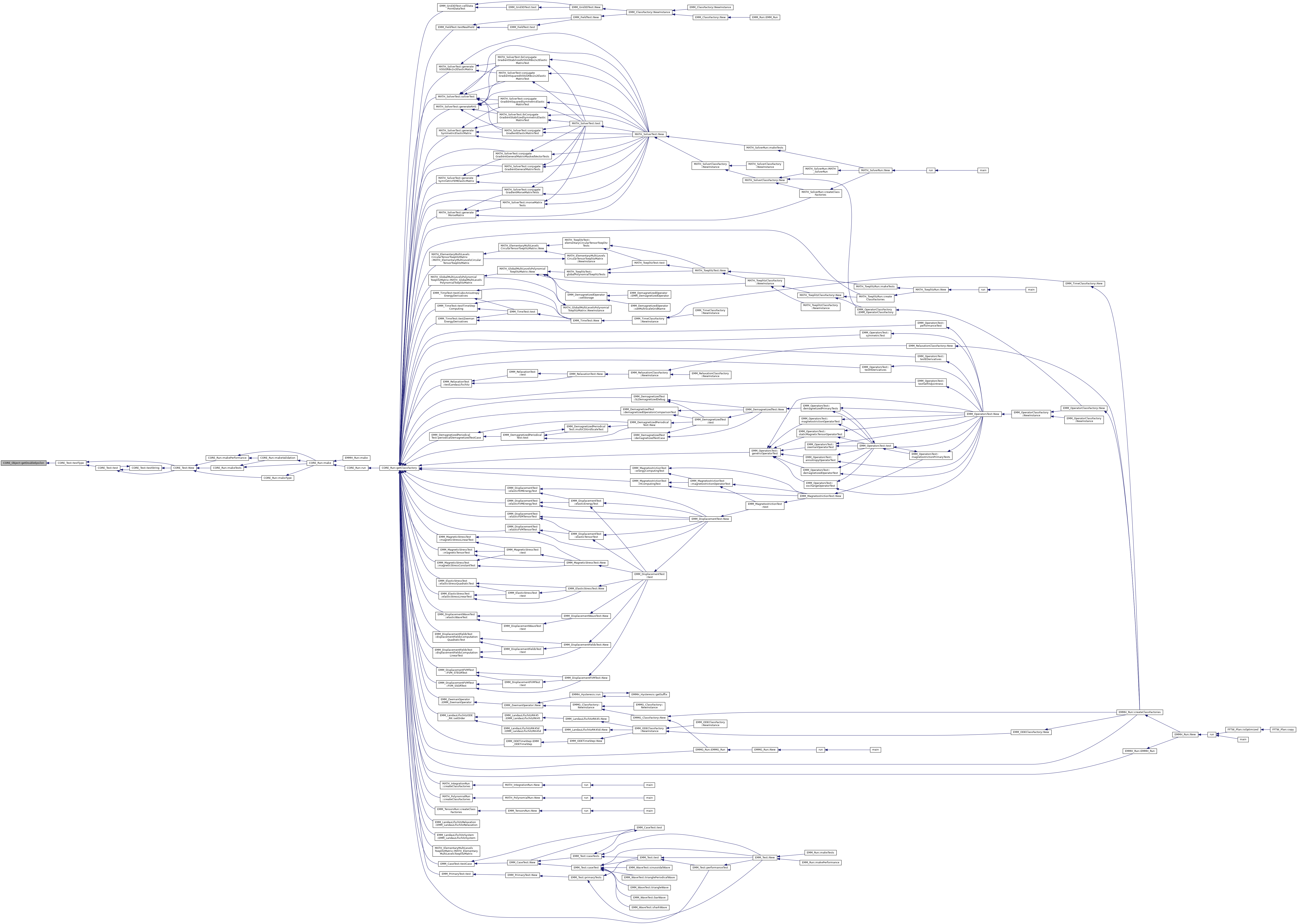
◆ getDoubleInfinity()
|
inlinestatic |
get the infinity value for tFloat type
- Returns
- the intinity value for tFloat type
◆ getEpsilon()
|
inlinestatic |
get the epsilon value for T type
- Returns
- the epsilon value for T type
◆ getFloatEpsilon()
|
inlinestatic |
get the epsilon value for tFloat type
- Returns
- the epsilon value for tFloat type
Referenced by CORE_Test::testType().
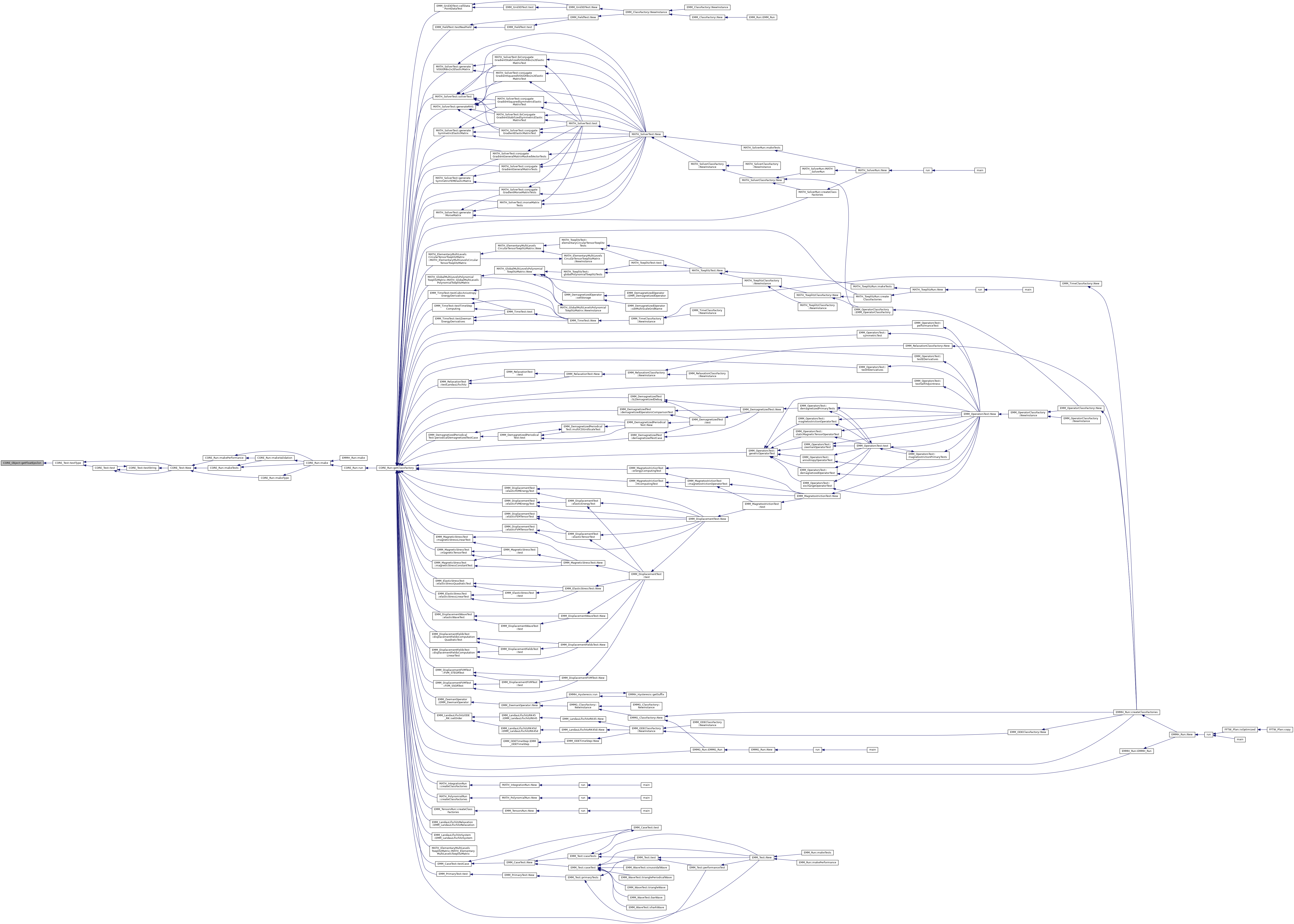
◆ getFloatInfinity()
|
inlinestatic |
get the infinity value for tFloat type
- Returns
- the intinity value for tFloat type
◆ getIdentityString()
|
inline |
return the identity string of the object of the form className_at_address
- Returns
- the identity string of the object
References getClassName(), pointer2String(), and tString.
Referenced by MATH_GaussLegendreIntegration::copy(), EMM_MultiScaleGrid::initialize(), isInstanceOf(), printObjectsInMemory(), MATH_Matrix::toString(), EMMG_SLPeriodicMultiScale::toString(), EMM_Stepper::toString(), EMM_AnisotropyDirectionsField::toString(), EMM_BlockMassMatrix::toString(), toString(), EMM_Tensors::toString(), EMM_MultiScaleGrid::toString(), EMM_MatterField::toString(), EMM_Grid3D::toString(), and EMM_LandauLifschitzSystem::toString().

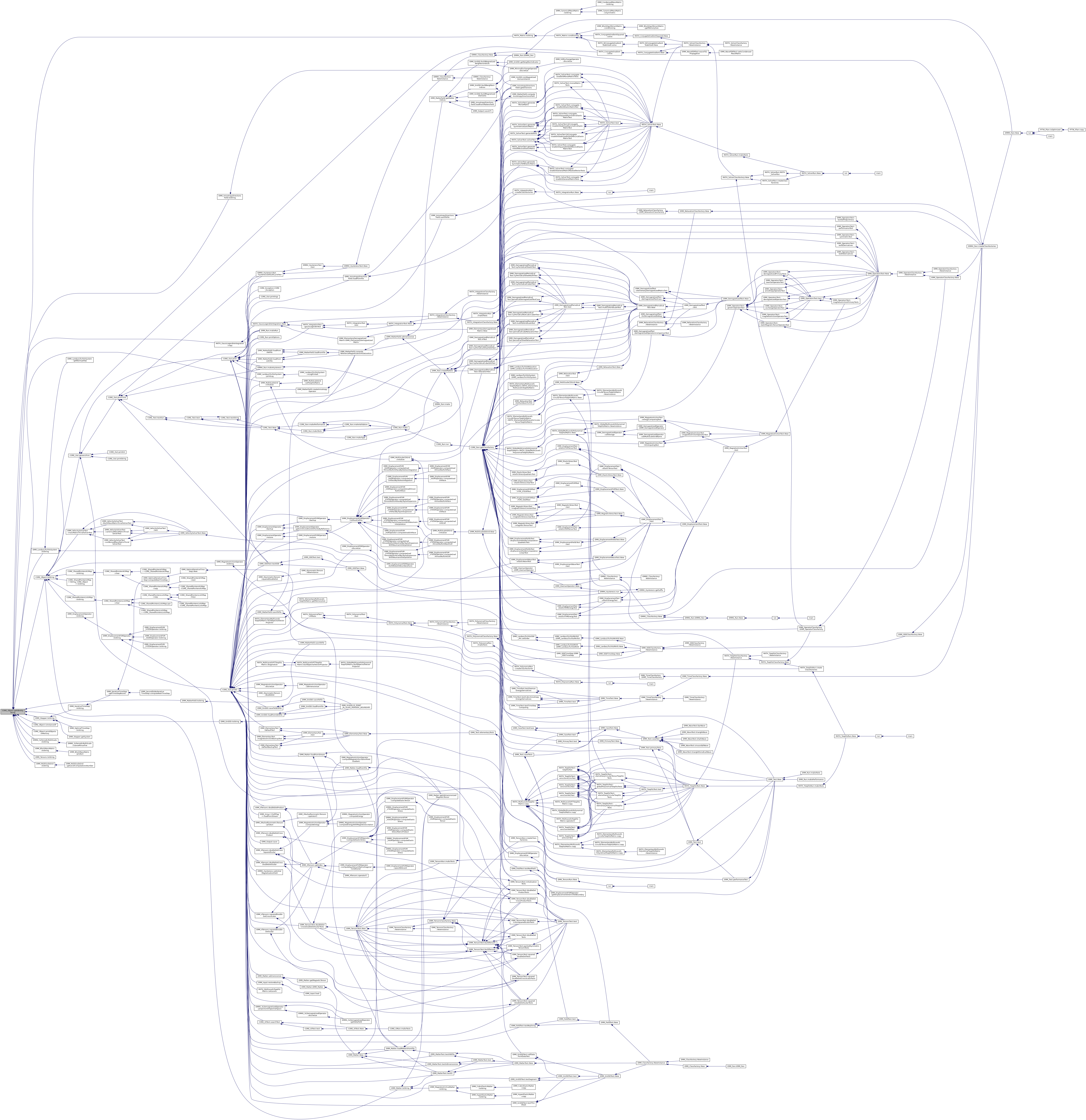
◆ getInfinity()
|
inlinestatic |
get the infinity for T type
- Returns
- the infinity value for T type
◆ getLDoubleEpsilon()
|
inlinestatic |
get the epsilon value for tLDouble type
- Returns
- the epsilon value for tLDouble type
Referenced by CORE_Test::testType().

◆ getLDoubleInfinity()
|
inlinestatic |
get the infinity value for tDouble type
- Returns
- the infinity value for tDouble type
◆ getMaxChar()
|
inlinestatic |
get the max value for tChar type
- Returns
- the max value for tChar type
Referenced by CORE_Test::testType().

◆ getMaxDouble()
|
inlinestatic |
get the max value for tDouble type
- Returns
- the max value for tDouble type
Referenced by CORE_Test::testType().
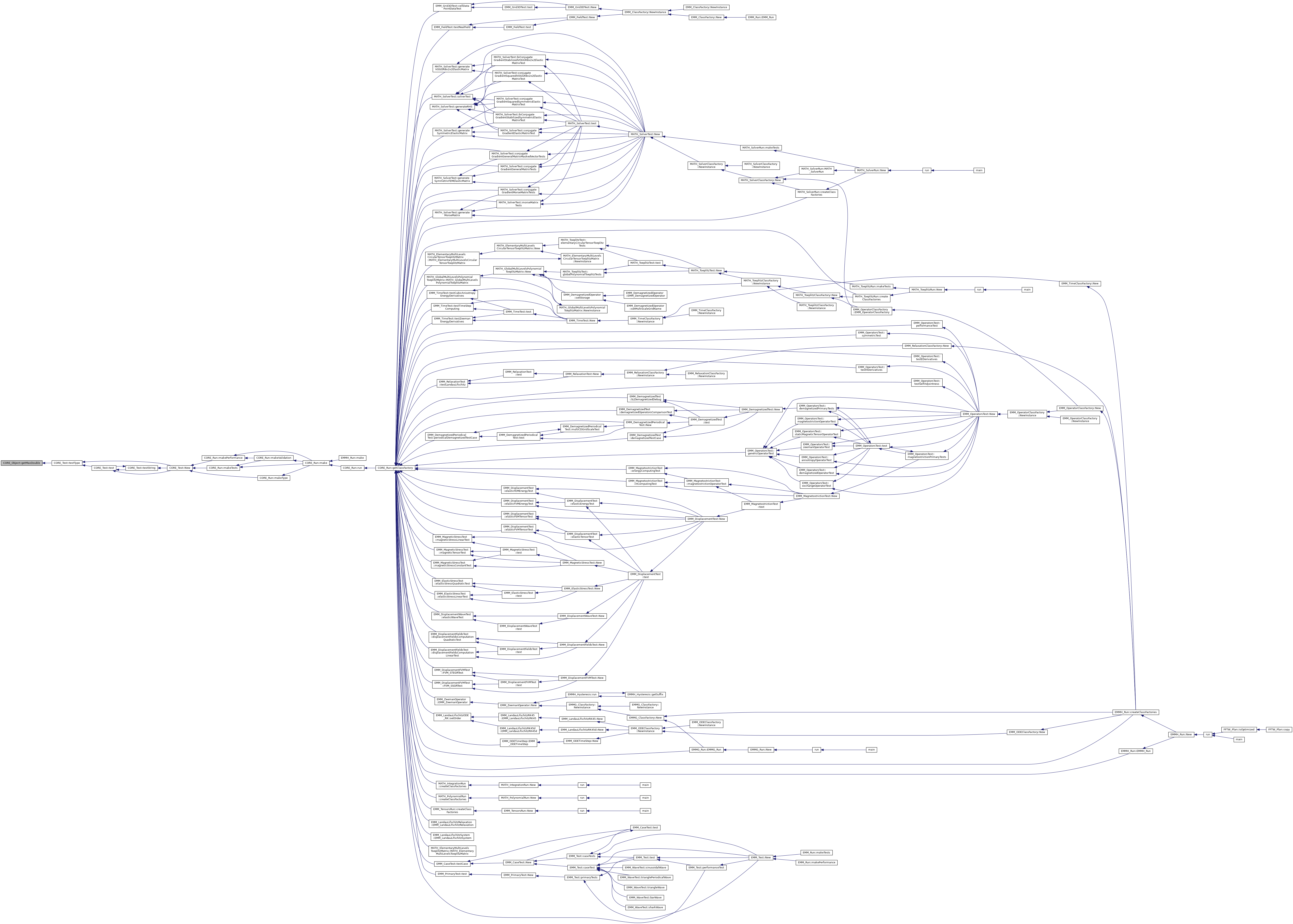
◆ getMaxFlag()
|
inlinestatic |
get the max value for the tFlag type
- Returns
- the max value for the tFlag type
Referenced by CORE_Test::testType().

◆ getMaxFloat()
|
inlinestatic |
get the max value for tFloat type
- Returns
- the max value for tFloat type
Referenced by CORE_Test::testType().
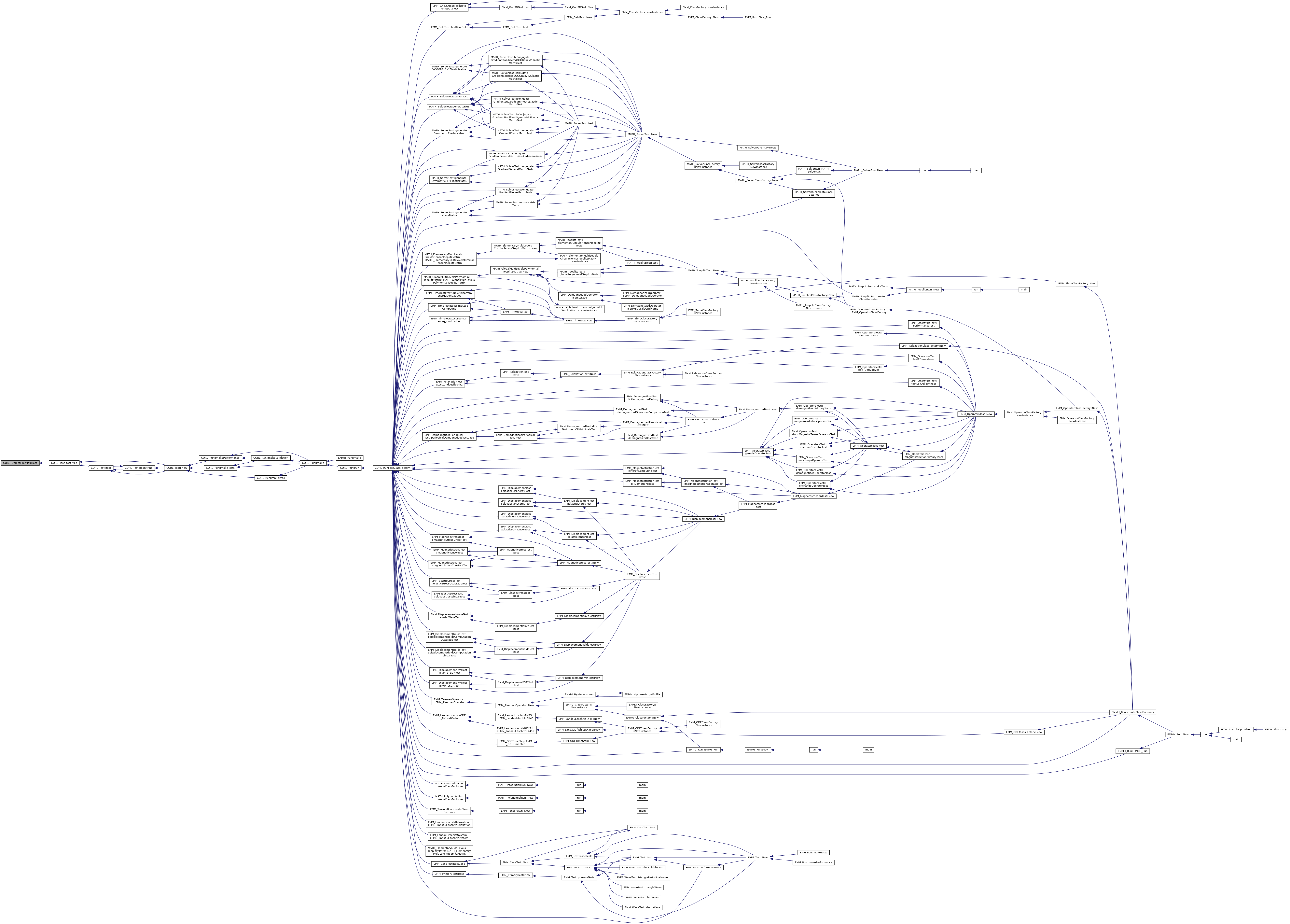
◆ getMaxIndex()
|
inlinestatic |
get the max value for the array/vector indexing type
- Returns
- the max value for the array/vector indexing type
Referenced by CORE_Test::testType().
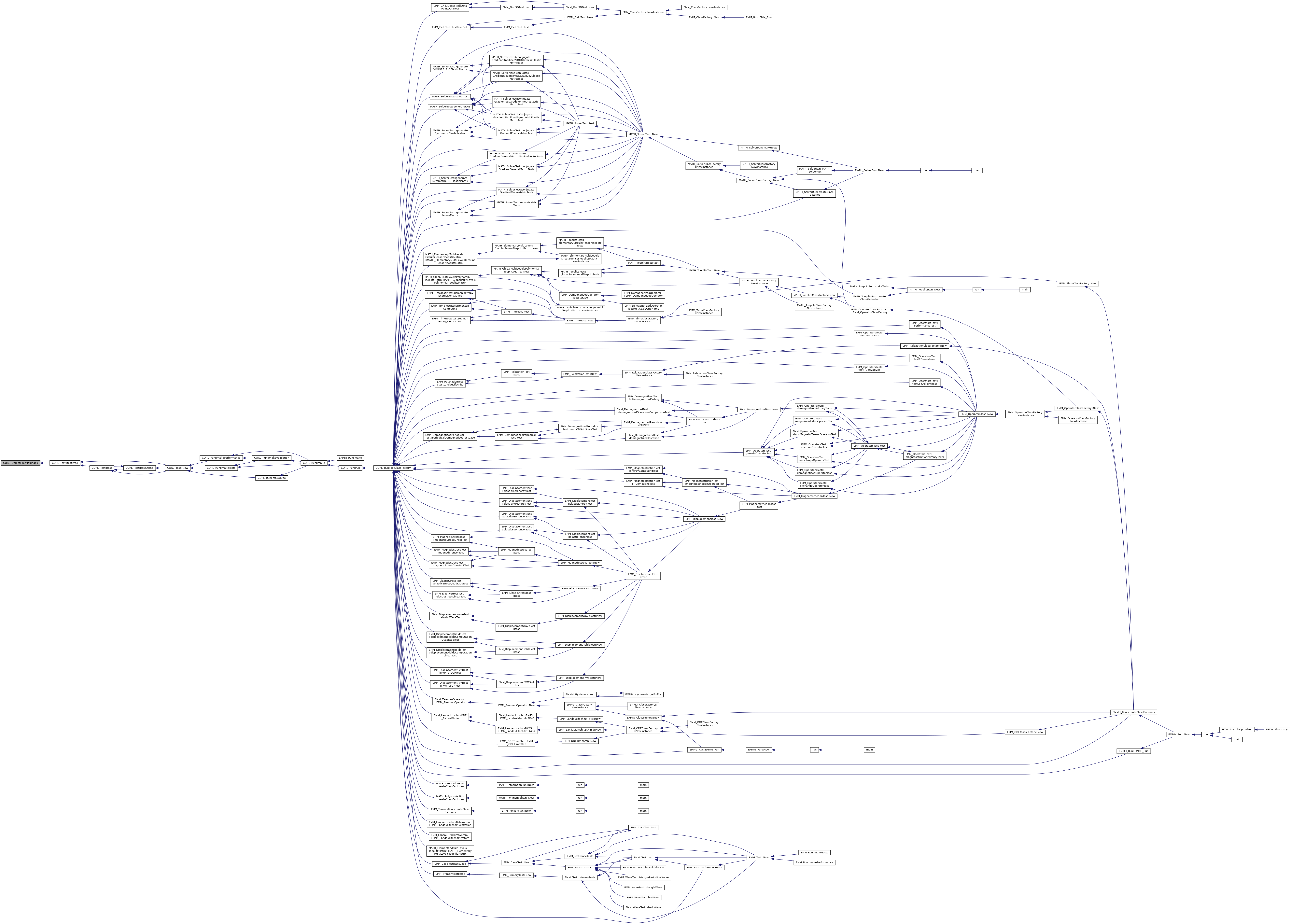
◆ getMaxInt()
|
inlinestatic |
get the max value for tInt type
- Returns
- the max value for tInt type
Referenced by MATSGN_FFT::fastFourierTransform3D_FFTW(), and CORE_Test::testType().

◆ getMaxInteger()
|
inlinestatic |
get the max value for the integer type
- Returns
- the max value for the integer type
Referenced by CORE_Test::testType().
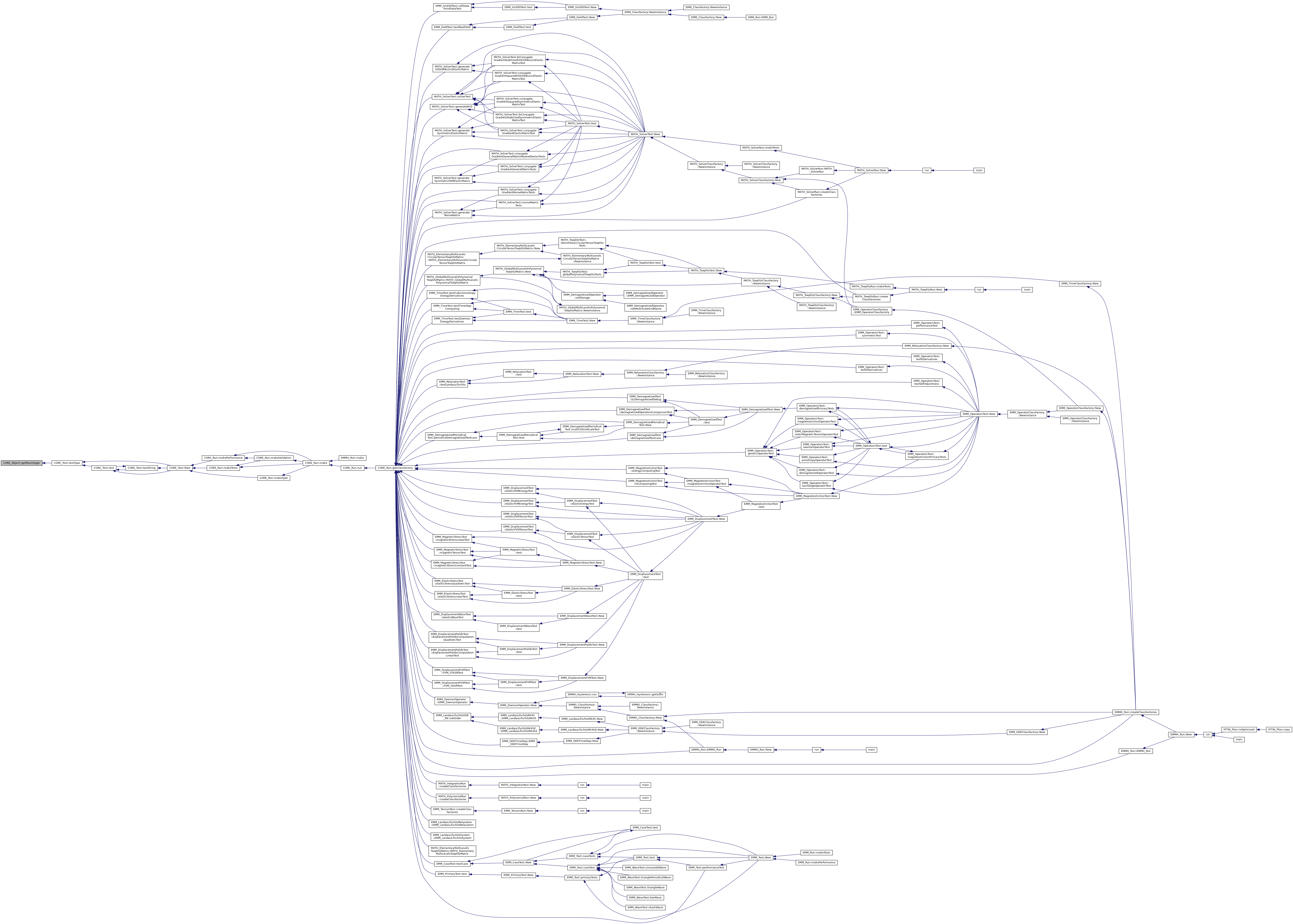
◆ getMaxLDouble()
|
inlinestatic |
get the max value for tLDouble type
- Returns
- the max value for tLDouble type
Referenced by CORE_Test::testType().
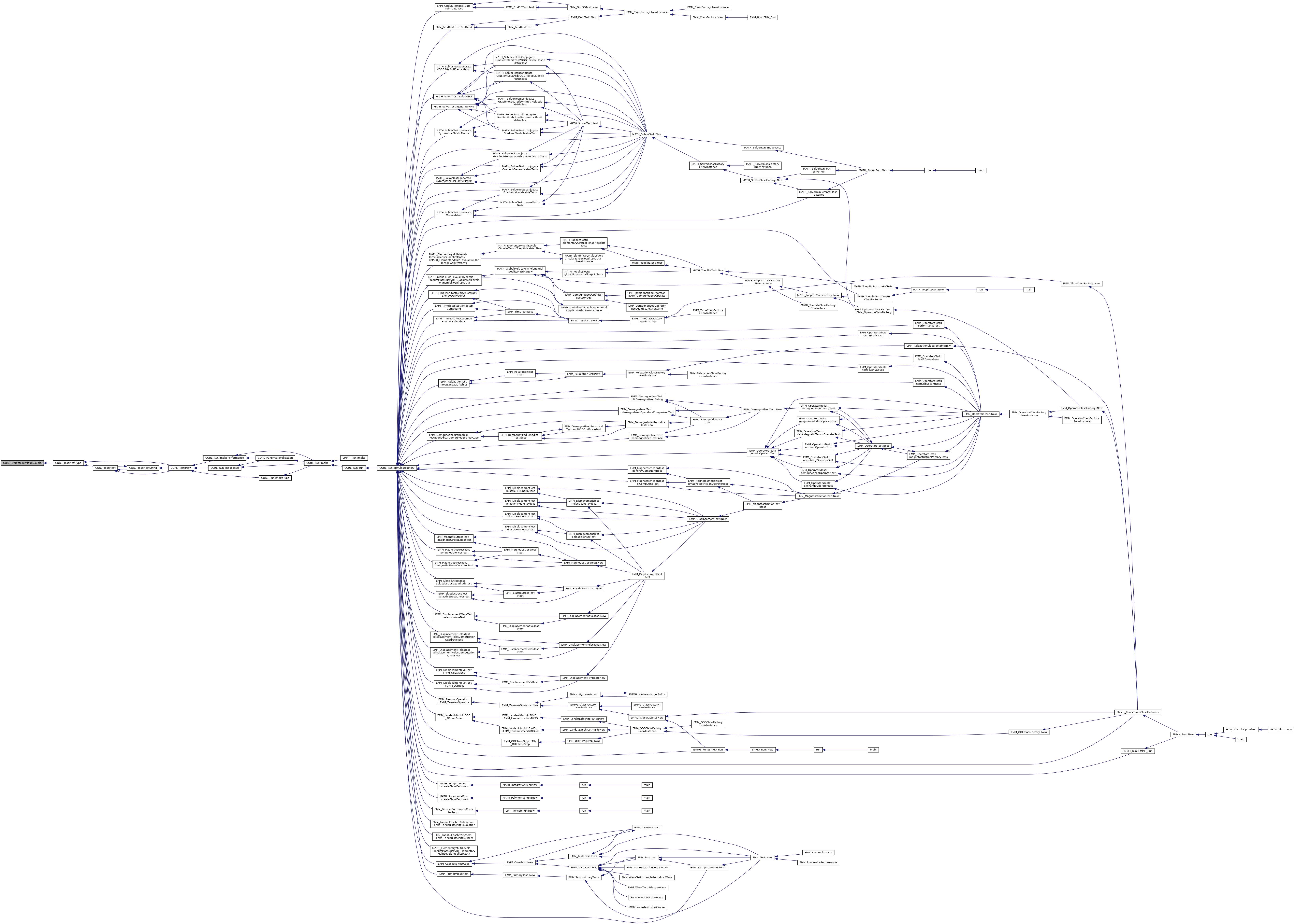
◆ getMaxLInt()
|
inlinestatic |
get the max value for tLInt type
- Returns
- the max value for tLInt type
Referenced by CORE_Test::testType().

◆ getMaxLLInt()
|
inlinestatic |
get the max value for tULInt type
- Returns
- the max value for tULInt type
Referenced by CORE_Test::testType().
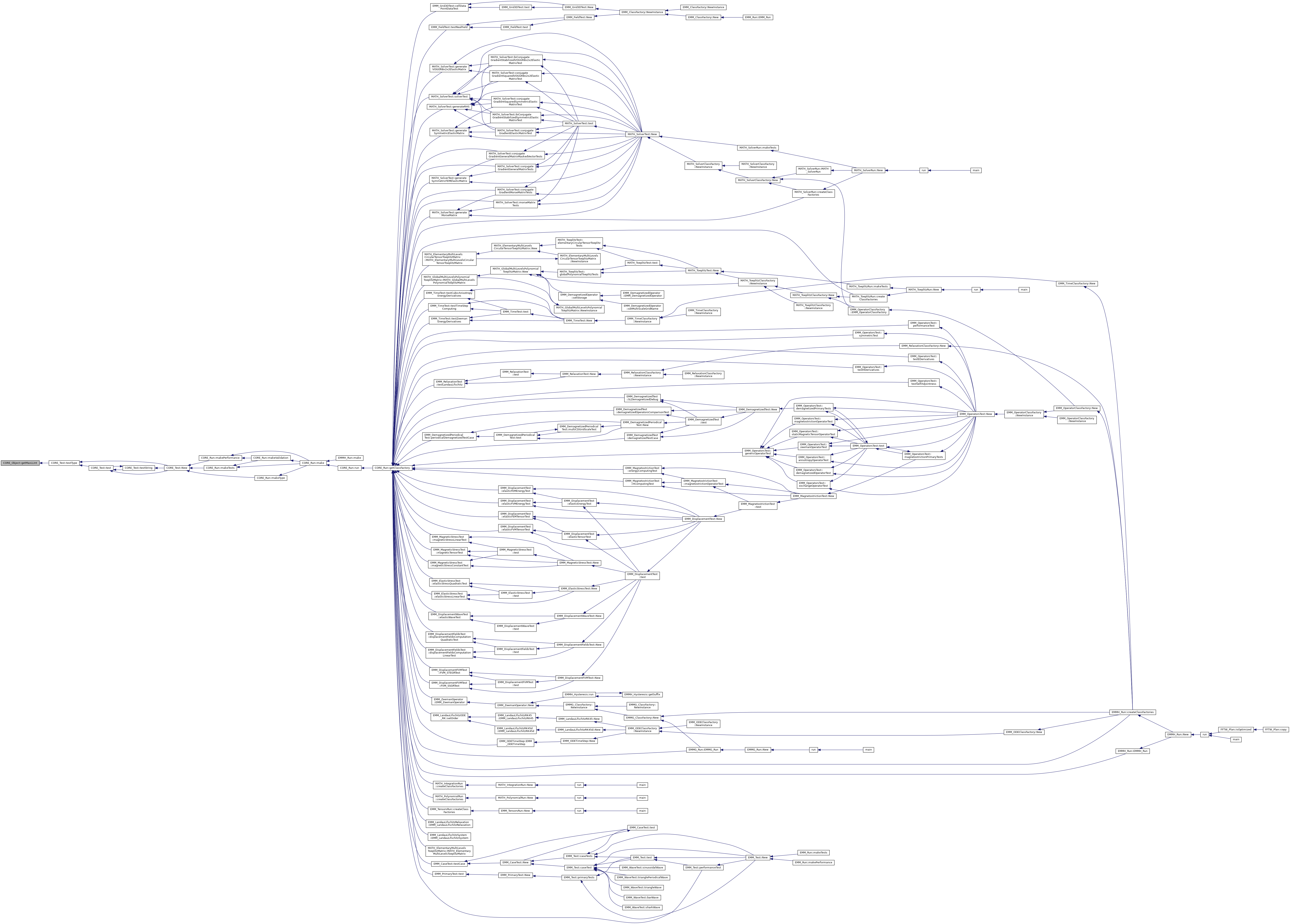
◆ getMaxReal()
|
inlinestatic |
get the max value for the real type
- Returns
- he max value for the real type
Referenced by EMM_MatterField::adimensionize(), and CORE_Test::testType().

◆ getMaxSInt()
|
inlinestatic |
get the max value for tSInt type
- Returns
- the max value for tSInt type
Referenced by CORE_Test::testType().
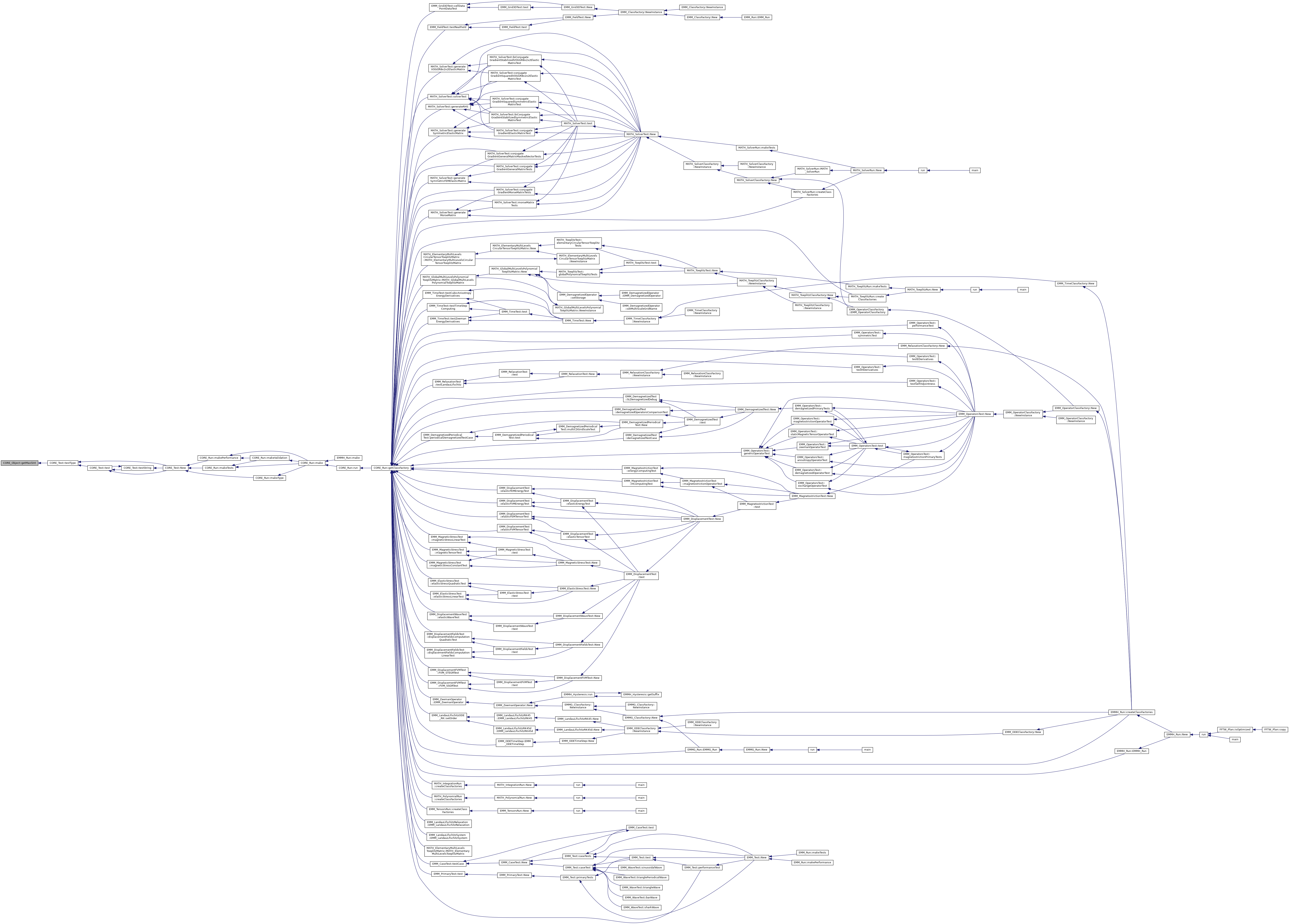
◆ getMaxUChar()
|
inlinestatic |
get the max value for tUChar type
- Returns
- the max value for tUChar type
Referenced by CORE_Test::testType().
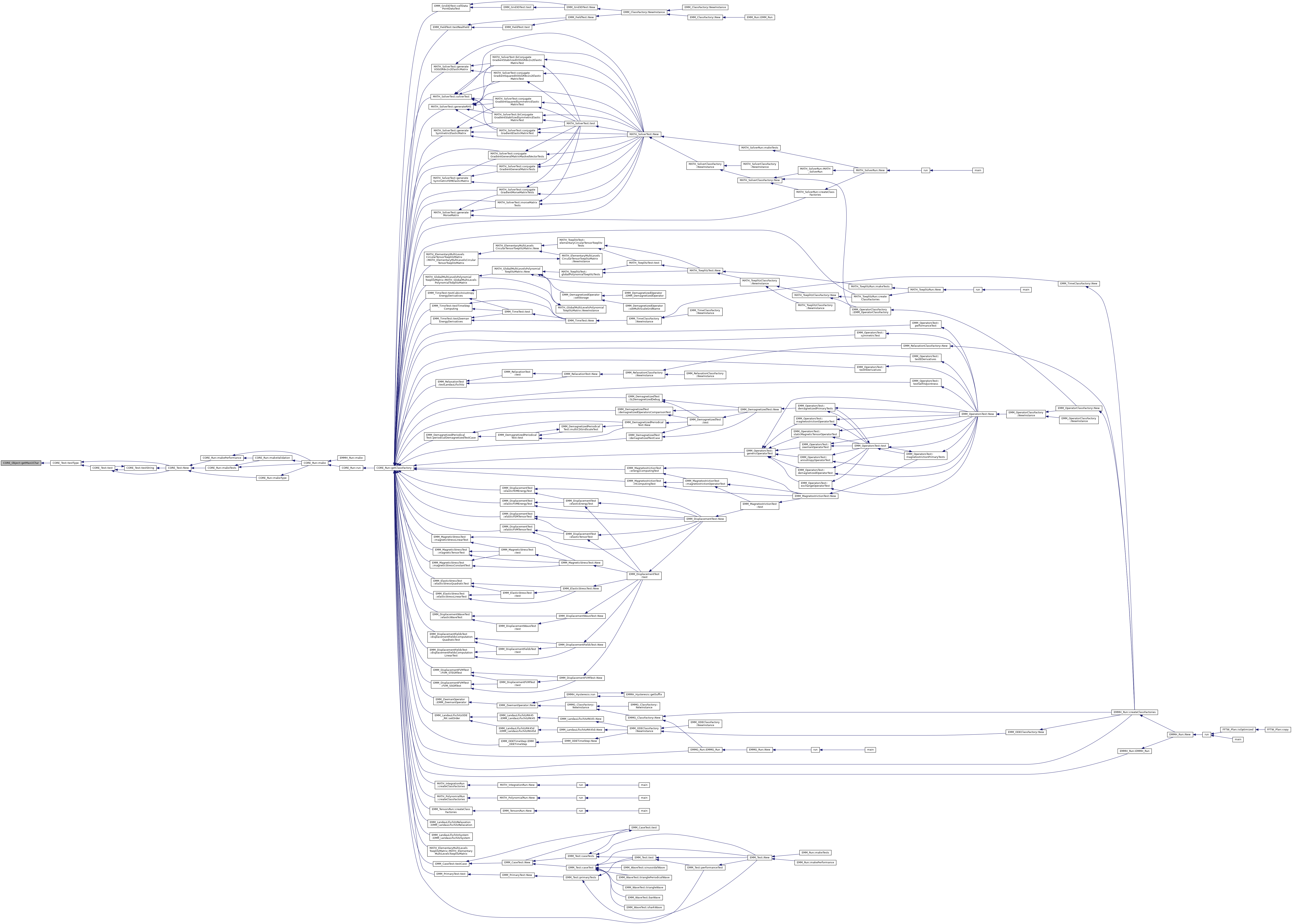
◆ getMaxUIndex()
|
inlinestatic |
get the max value for difference the array/vector indexing type
- Returns
- the max value for difference the array/vector indexing type
Referenced by CORE_Vector< T >::addAfterIndices(), CORE_Vector< T >::search(), CORE_Test::testType(), CORE_Integer::toHexString(), and CORE_Integer::toString().

◆ getMaxUInt()
|
inlinestatic |
get the max value for tUInt type
- Returns
- the max value for tUInt type
Referenced by EMM_Array< tCellFlag >::loadFromFile(), EMM_RealField::loadFromFile(), and CORE_Test::testType().

◆ getMaxUInteger()
|
inlinestatic |
get the max value for the unsigned integer type
- Returns
- the max value for the unsigned integer type
Referenced by MATH_Pn::computeExtrenums(), EMM_MultiScaleGrid::computeLevelsNumber(), EMM_Input::restoreBackup(), MATH_P0::solve(), and CORE_Test::testType().

◆ getMaxULInt()
|
inlinestatic |
get the max value for tULInt type
- Returns
- the max value for tULInt type
Referenced by CORE_Test::testType().
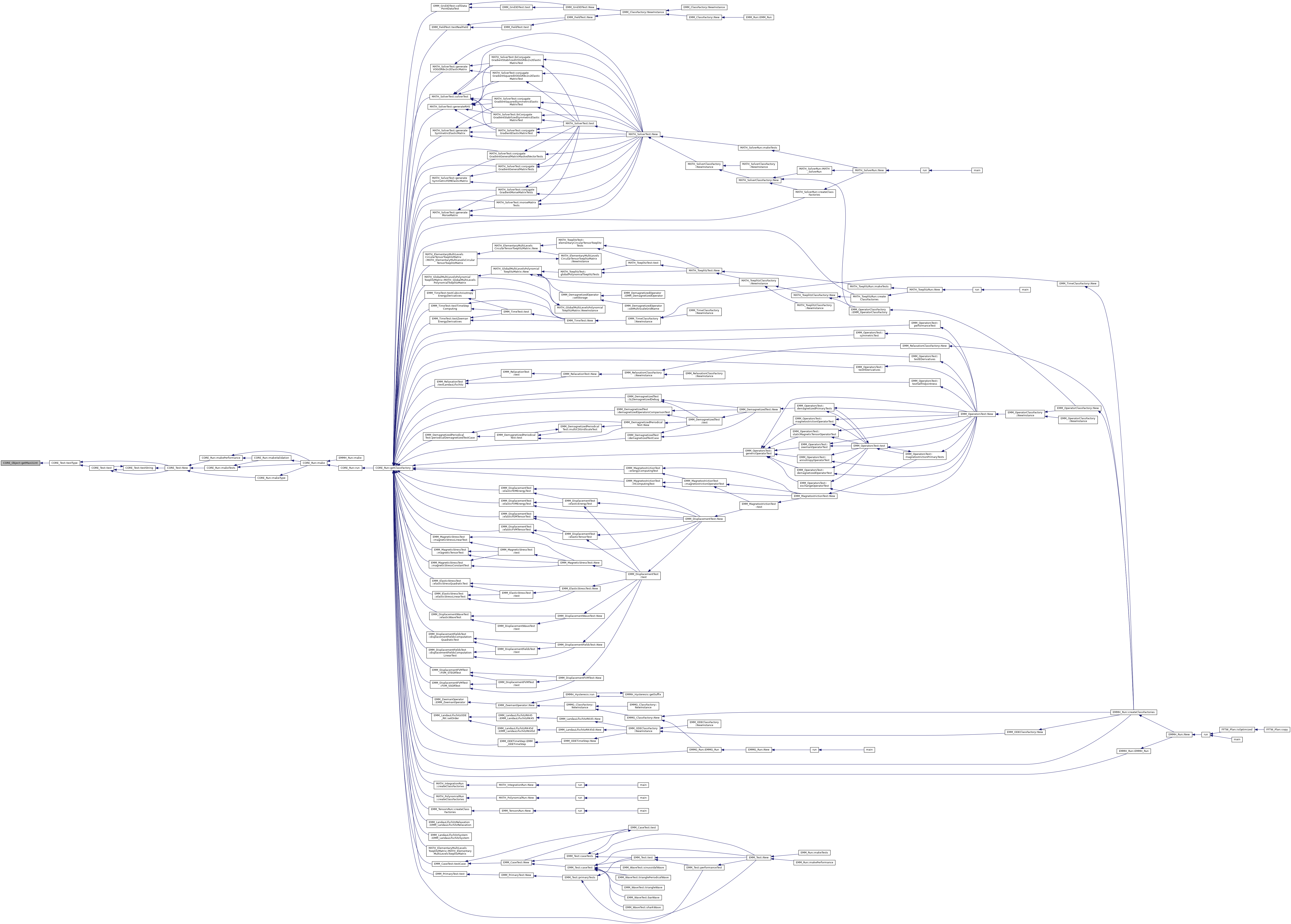
◆ getMaxULLInt()
|
inlinestatic |
get the max value for tULLInt type
- Returns
- the max value for tULLInt type
Referenced by CORE_Test::testType().
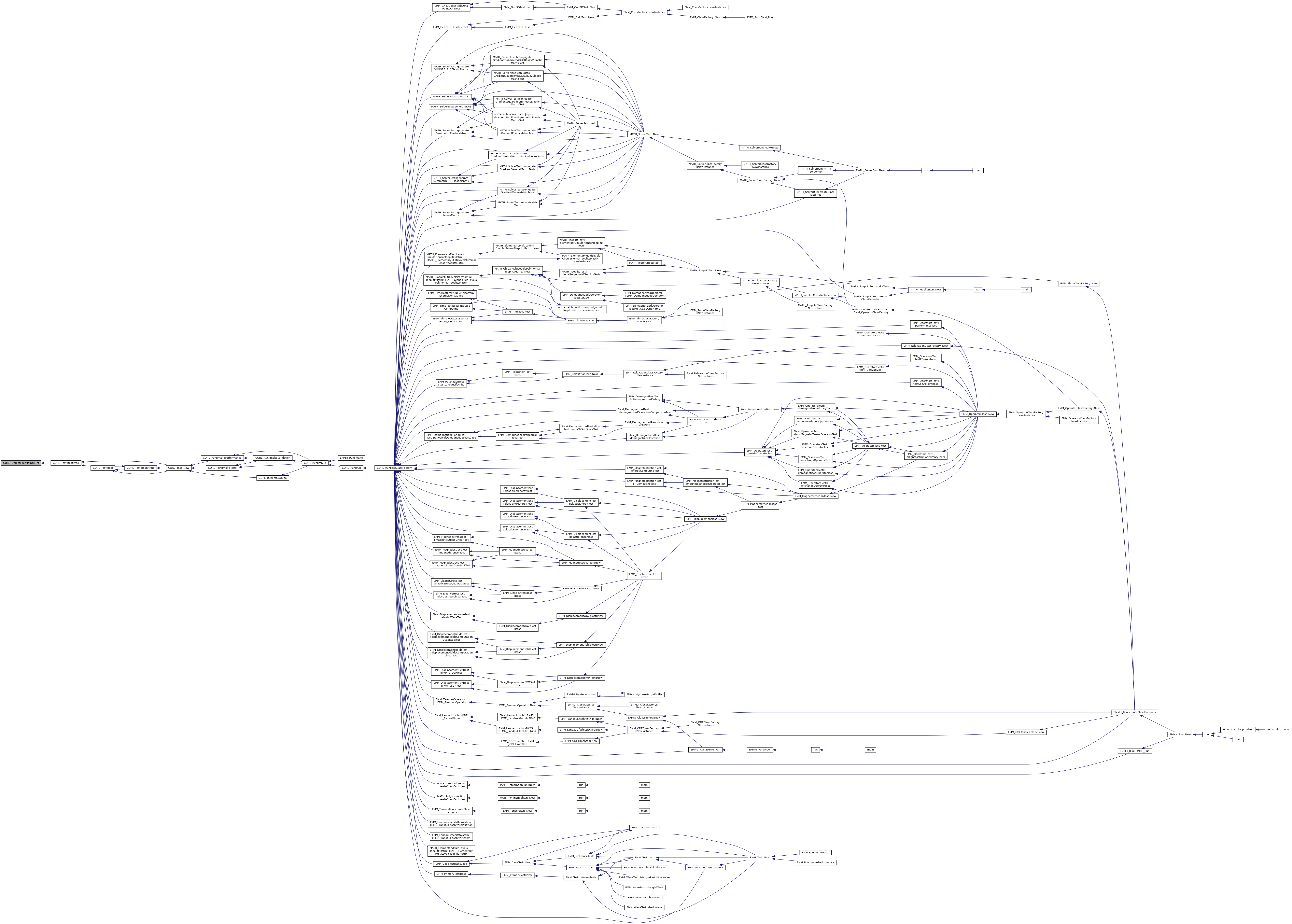
◆ getMaxUSInt()
|
inlinestatic |
get the max value for tUSInt type
- Returns
- the max value for tUSInt type
Referenced by CORE_Test::testType().

◆ getMinChar()
|
inlinestatic |
get the min value for tChar type
- Returns
- the min value for tChar type
Referenced by CORE_Test::testType().
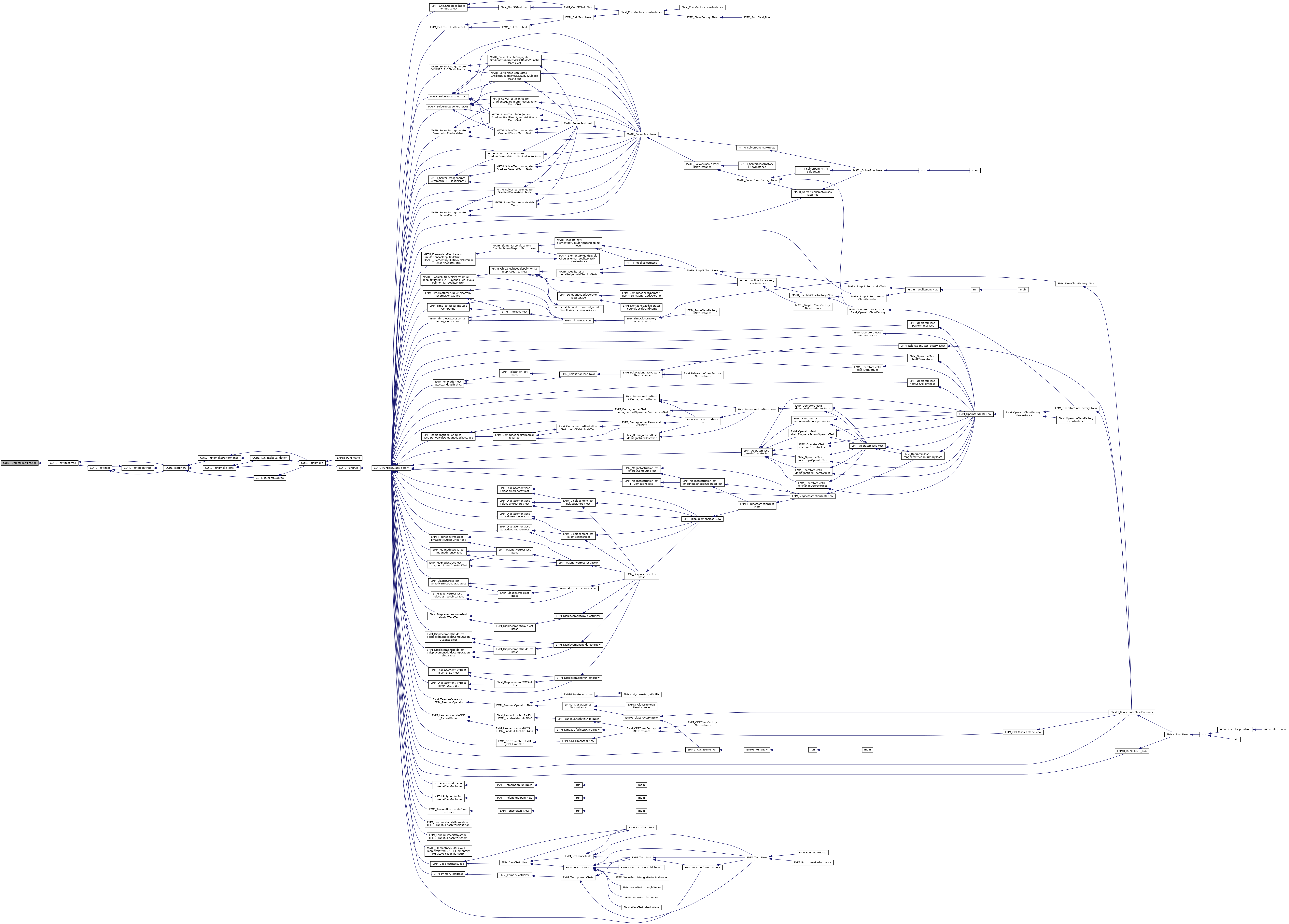
◆ getMinDouble()
|
inlinestatic |
get the min value for tDouble type
- Returns
- the min value for tDouble type
Referenced by CORE_Test::testType().

◆ getMinFlag()
|
inlinestatic |
get the min value for the tFlag type
- Returns
- the min value for the tFlag type
Referenced by CORE_Test::testType().
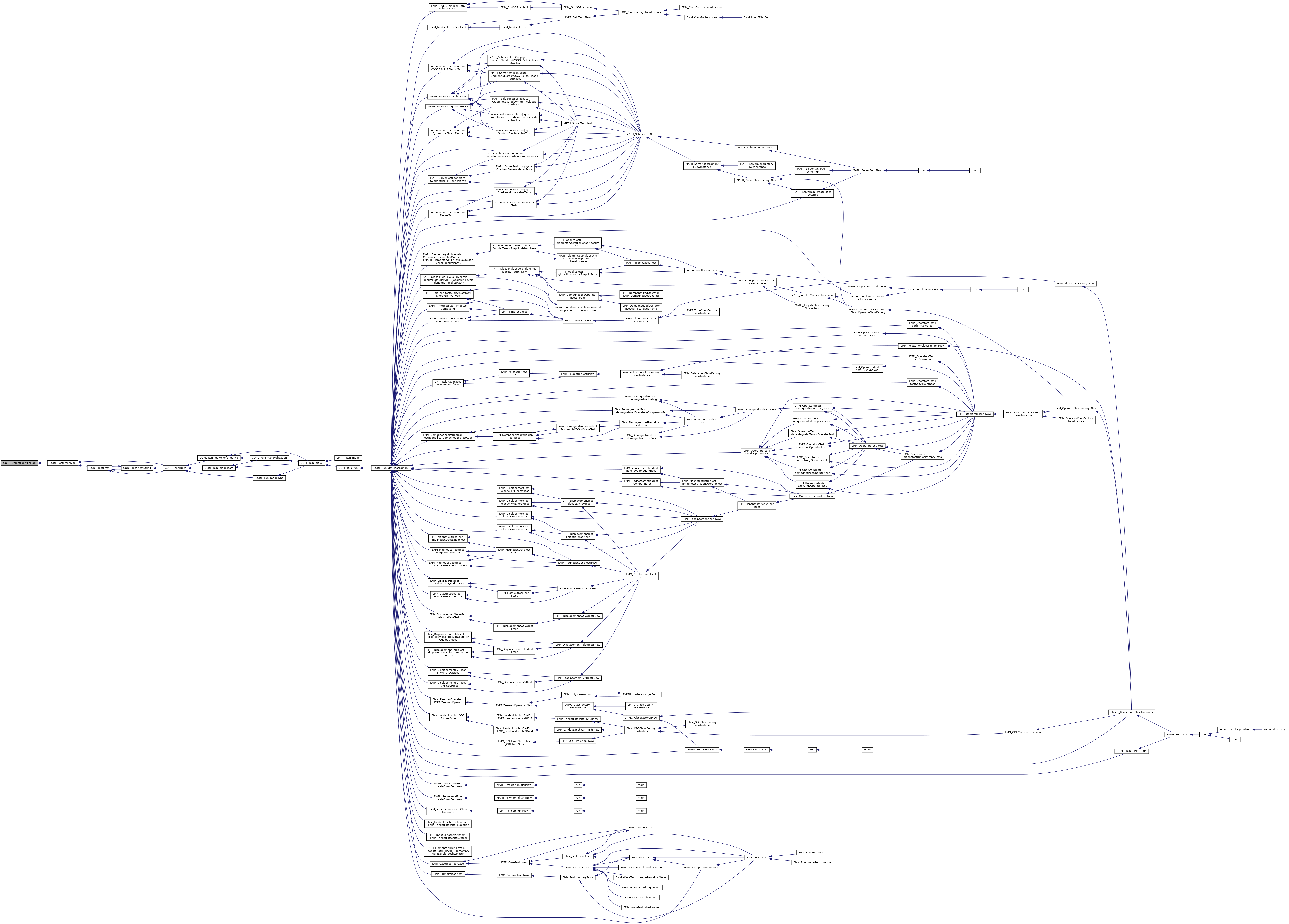
◆ getMinFloat()
|
inlinestatic |
get the min value for tFloat type
- Returns
- the min value for tFloat type
Referenced by CORE_Test::testType().
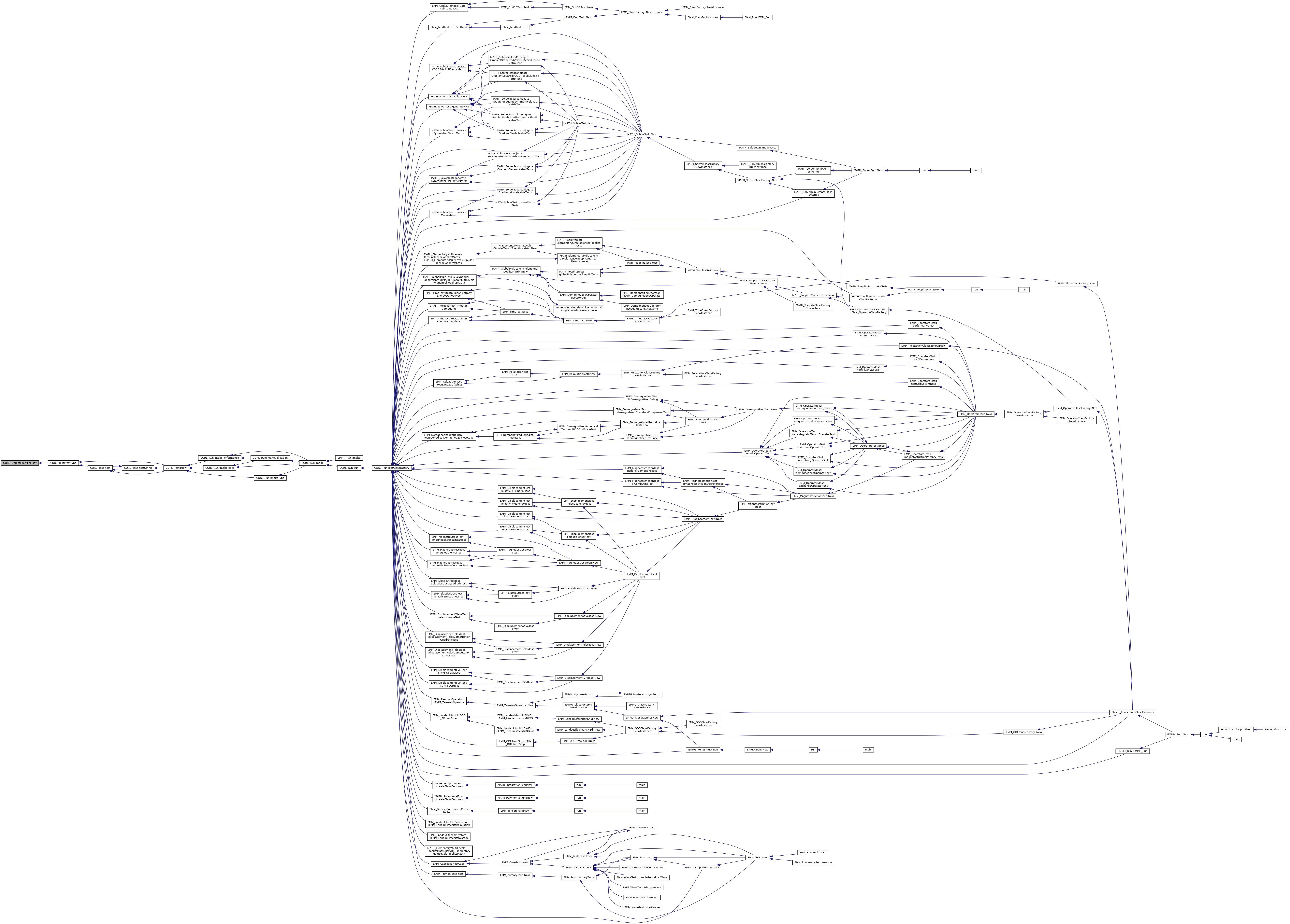
◆ getMinIndex()
|
inlinestatic |
get the min value for the array/vector indexing type
- Returns
- the min value for the array/vector indexing type
Referenced by CORE_Test::testType().
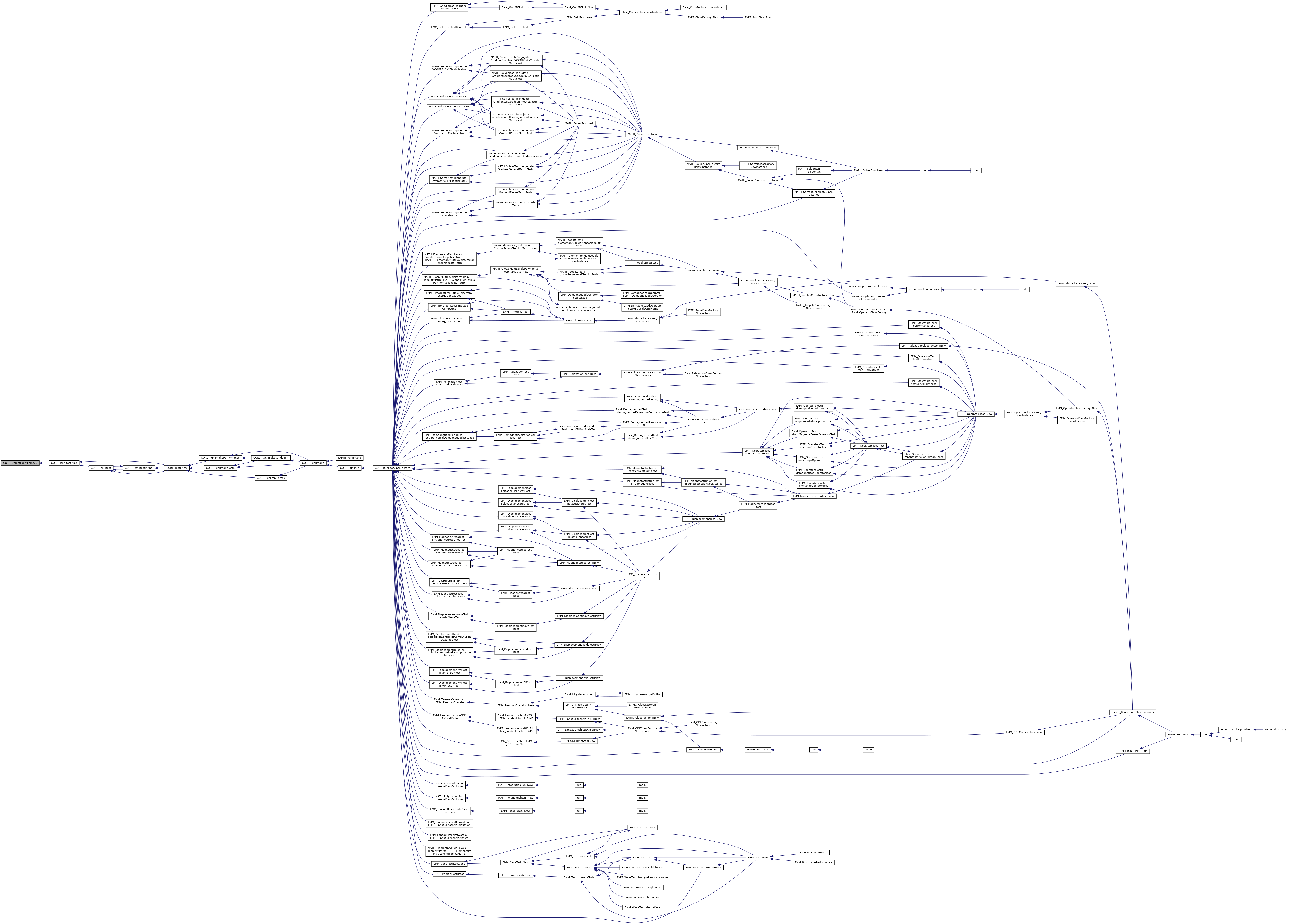
◆ getMinInt()
|
inlinestatic |
get the min value for tInt type
- Returns
- the min value for tInt type
Referenced by CORE_Test::testType().
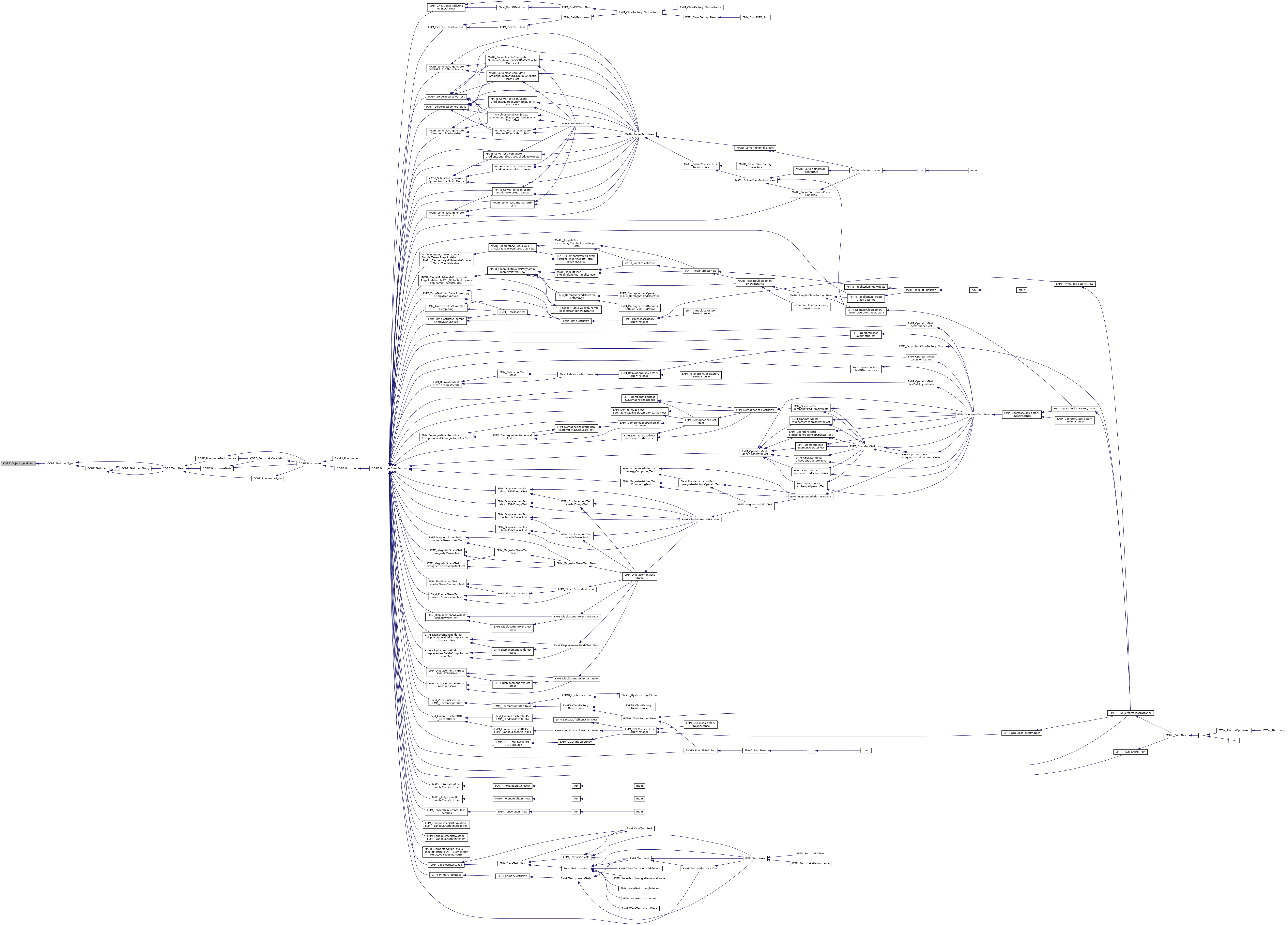
◆ getMinInteger()
|
inlinestatic |
get the min value for the integer type
- Returns
- the minin value for the integer type
Referenced by CORE_Test::testType().

◆ getMinLDouble()
|
inlinestatic |
get the min value for tLDouble type
- Returns
- the min value for tLDouble type
Referenced by CORE_Test::testType().

◆ getMinLInt()
|
inlinestatic |
get the min value for tLInt type
- Returns
- the min value for tLInt type
Referenced by CORE_Test::testType().
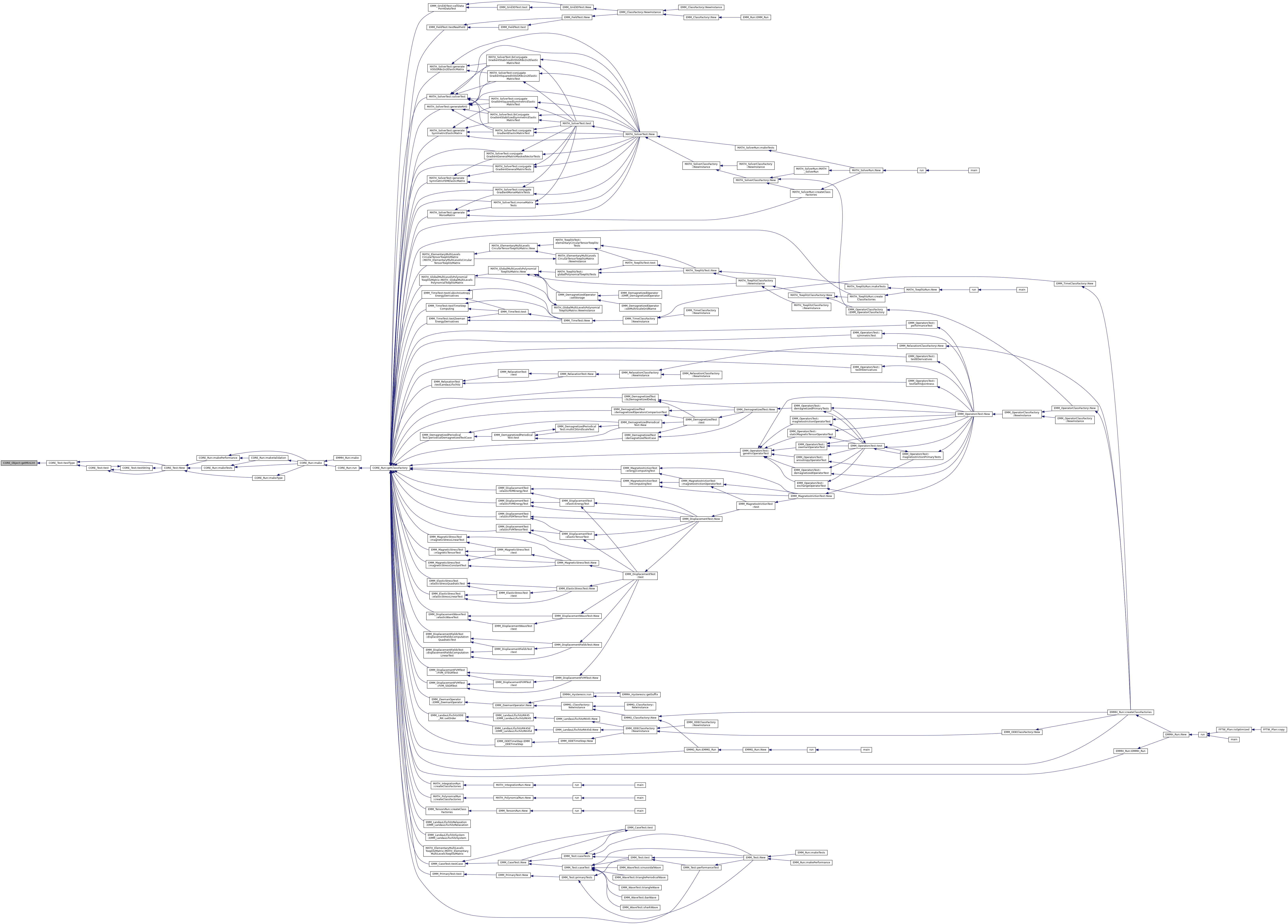
◆ getMinLLInt()
|
inlinestatic |
get the min value for tLLInt type
- Returns
- the min value for tLLInt type
Referenced by CORE_Test::testType().

◆ getMinReal()
|
inlinestatic |
get the min value for the real type
- Returns
- the min value for the real type
Referenced by CORE_Test::testType().
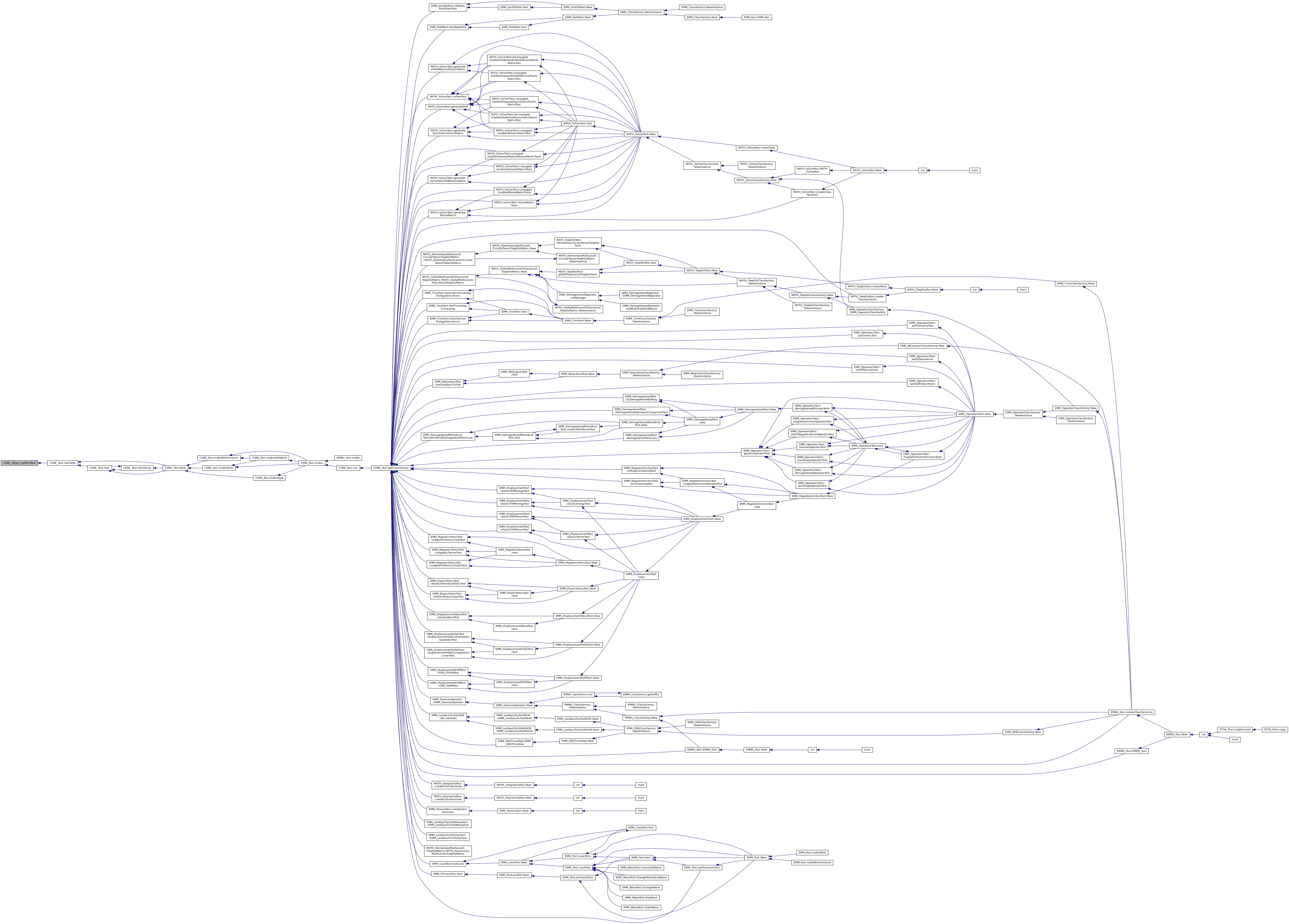
◆ getMinSInt()
|
inlinestatic |
get the min value for tSInt type
- Returns
- the min value for tSInt type
Referenced by CORE_Test::testType().
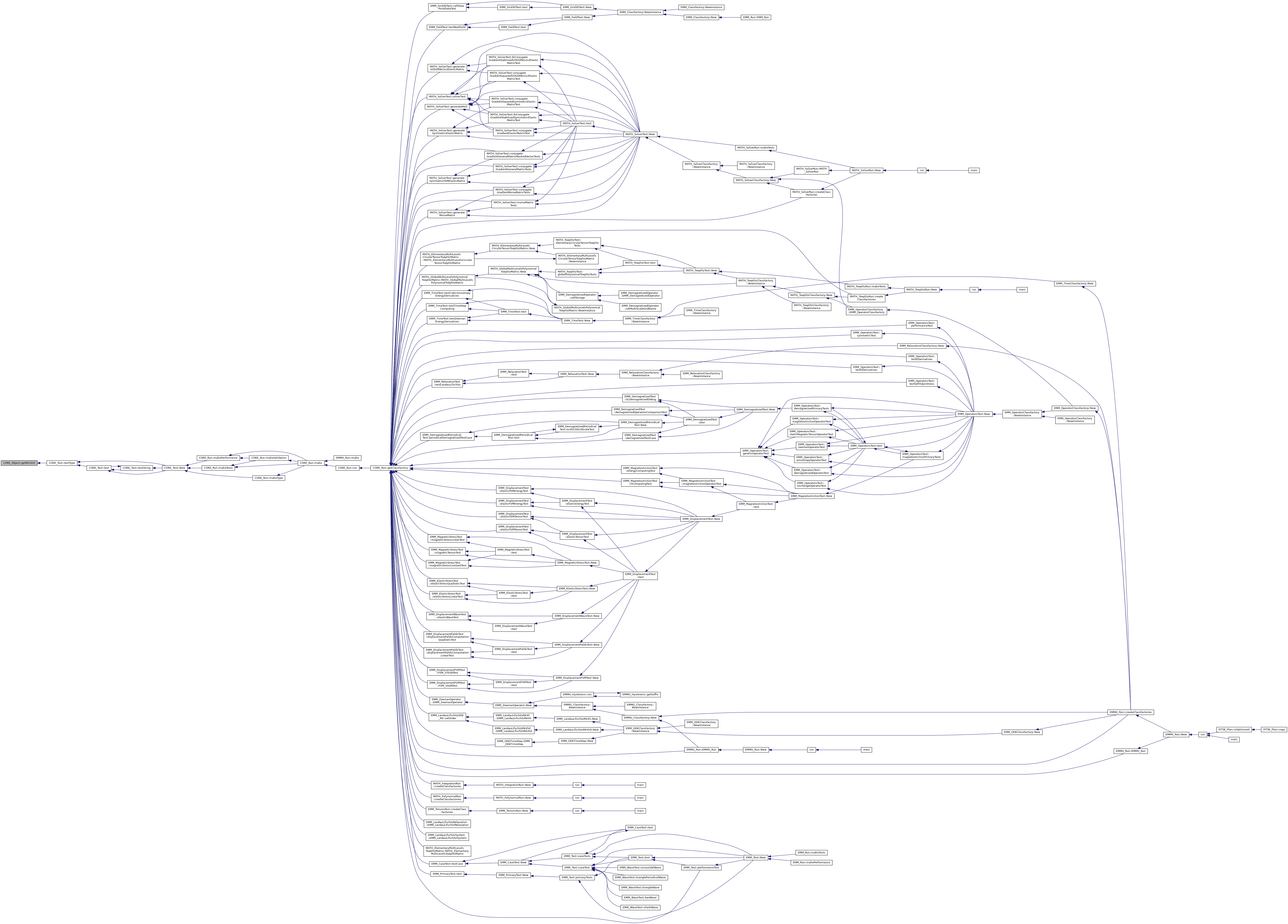
◆ getMinUChar()
|
inlinestatic |
get the min value for tUChar type
- Returns
- the min value for tUChar type
Referenced by CORE_Test::testType().
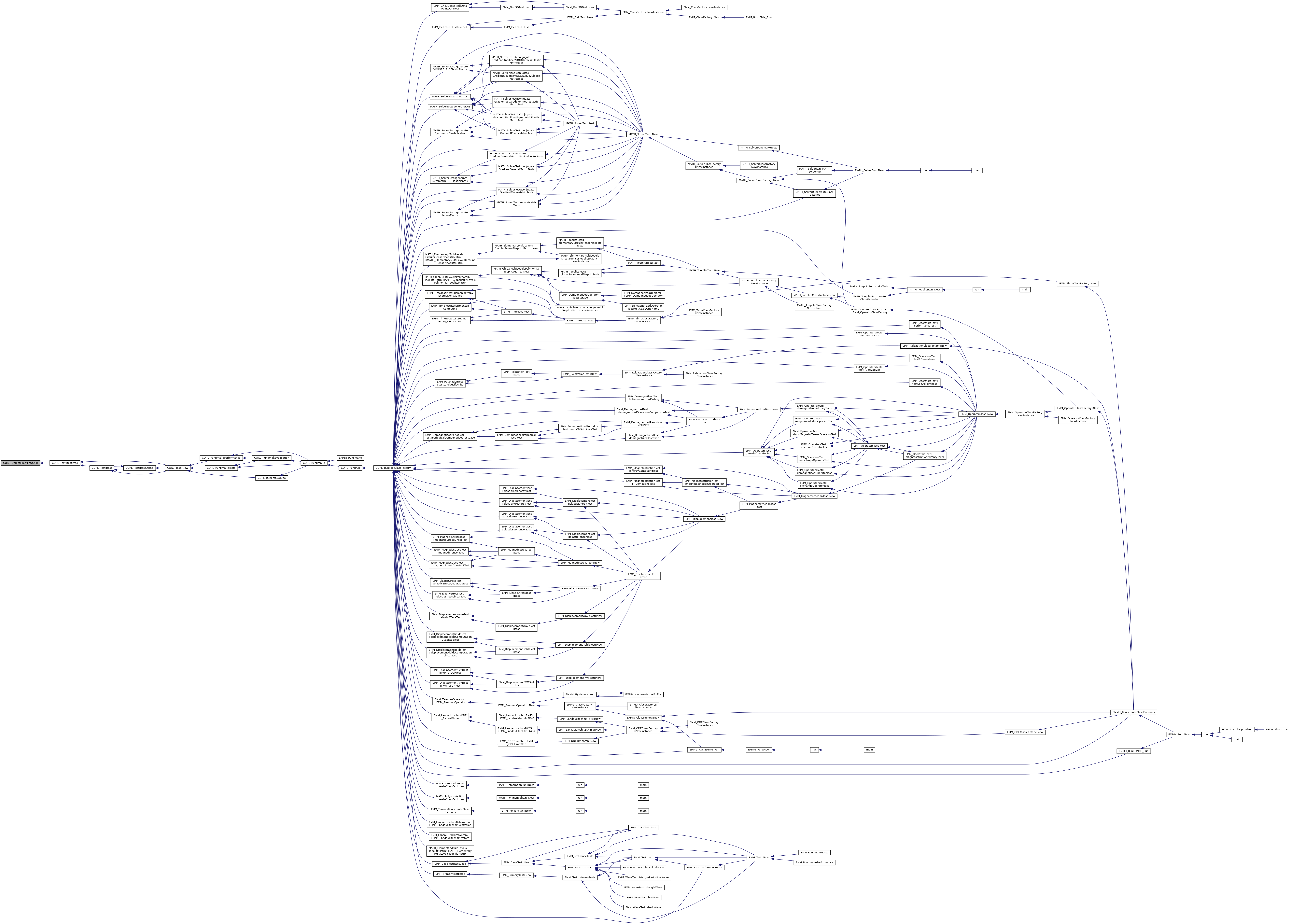
◆ getMinUIndex()
|
inlinestatic |
get the min value for difference the array/vector indexing type
- Returns
- the min value for difference the array/vector indexing type
Referenced by CORE_Test::testType().
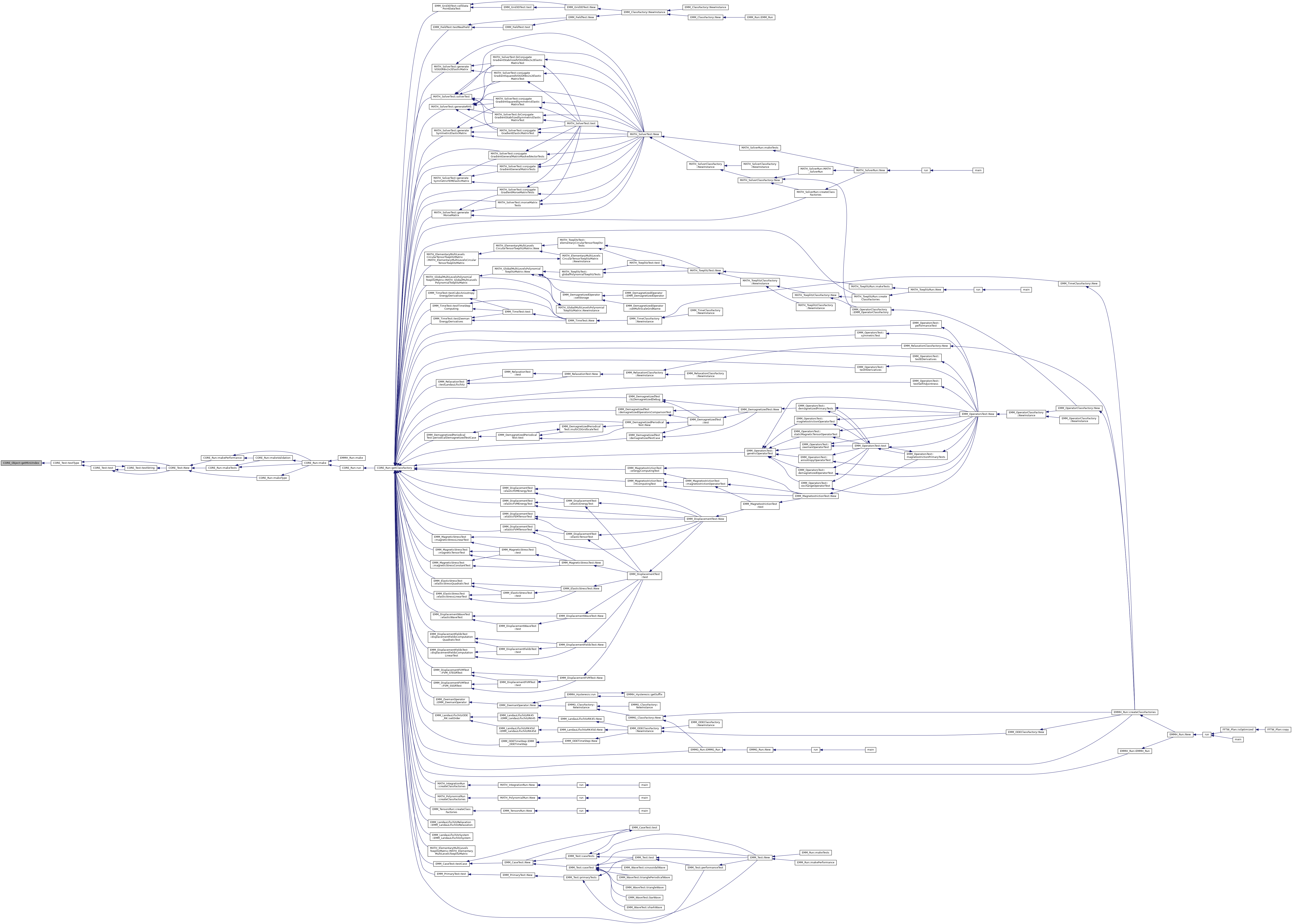
◆ getMinUInt()
|
inlinestatic |
get the min value for tUInt type
- Returns
- the min value for tUInt type
Referenced by CORE_Test::testType().
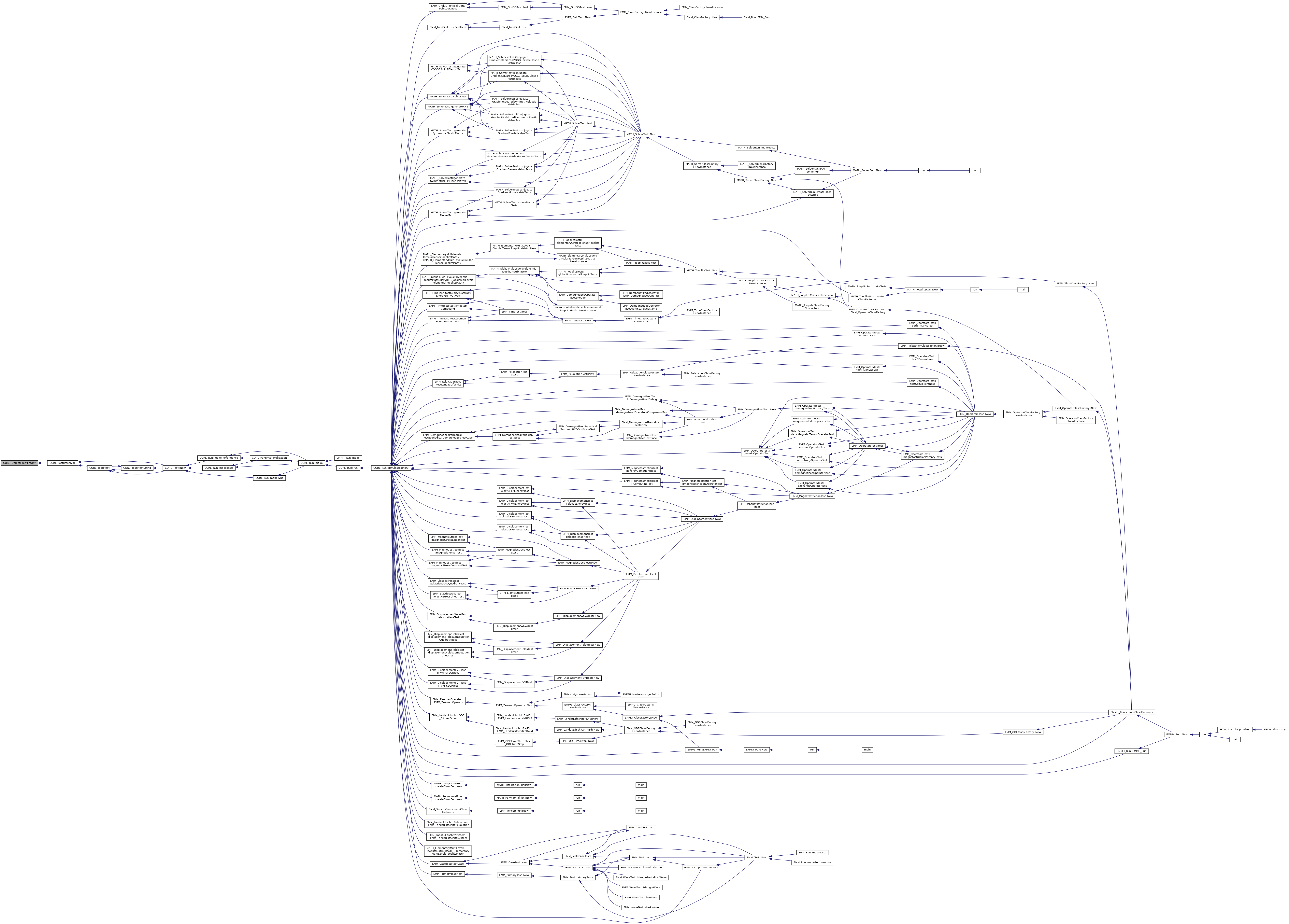
◆ getMinUInteger()
|
inlinestatic |
get the min value for the unsigned integer type
- Returns
- the min value for the unsigned integer type
Referenced by CORE_Test::testType().

◆ getMinULInt()
|
inlinestatic |
get the min value for tULInt type
- Returns
- the min value for tULInt type
Referenced by CORE_Test::testType().

◆ getMinULLInt()
|
inlinestatic |
get the min value for tULLInt type
- Returns
- the min value for tULLInt type
Referenced by CORE_Test::testType().
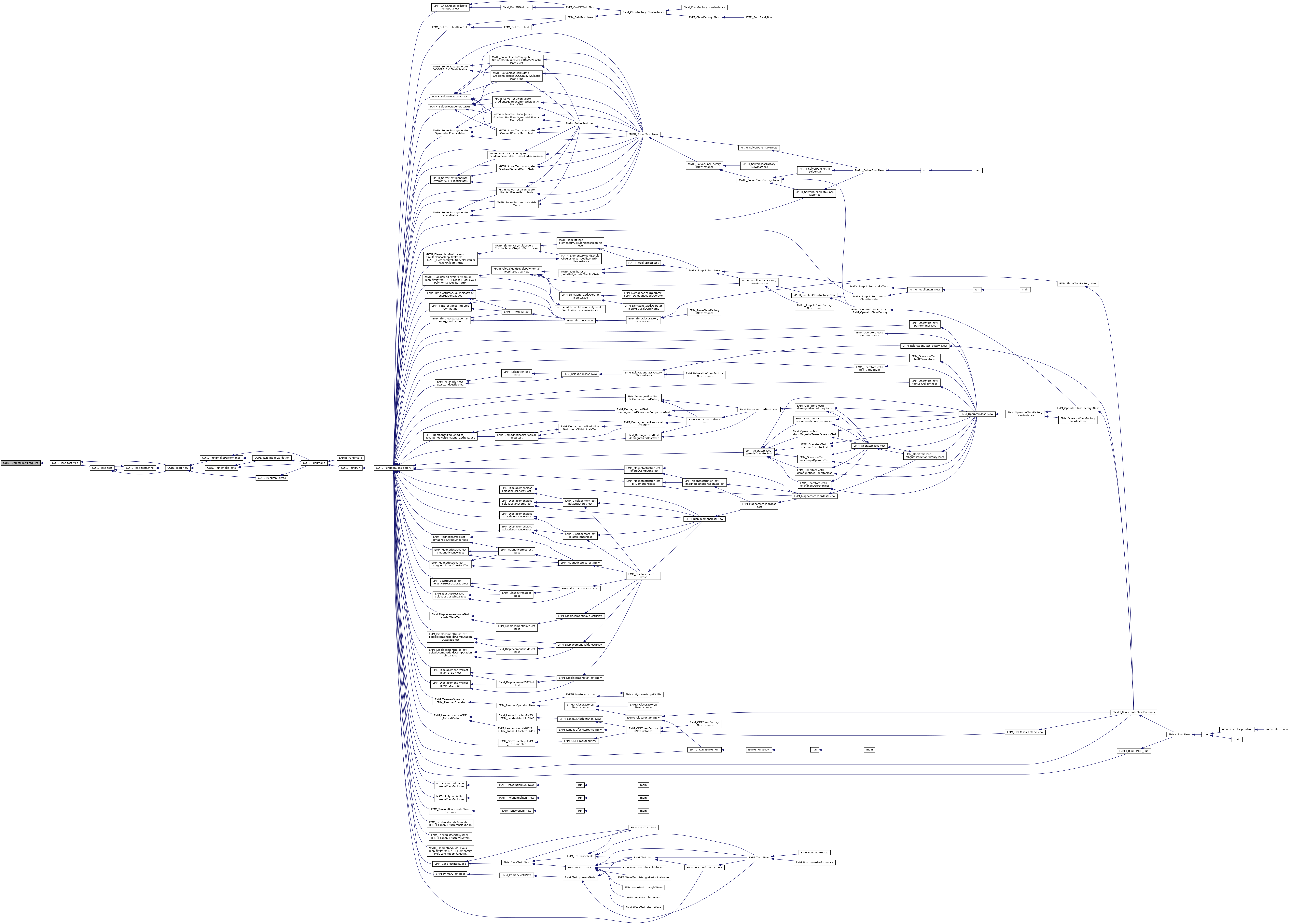
◆ getMinUSInt()
|
inlinestatic |
get the min value for tUSInt type
- Returns
- the min value for tUSInt type
Referenced by CORE_Test::testType().
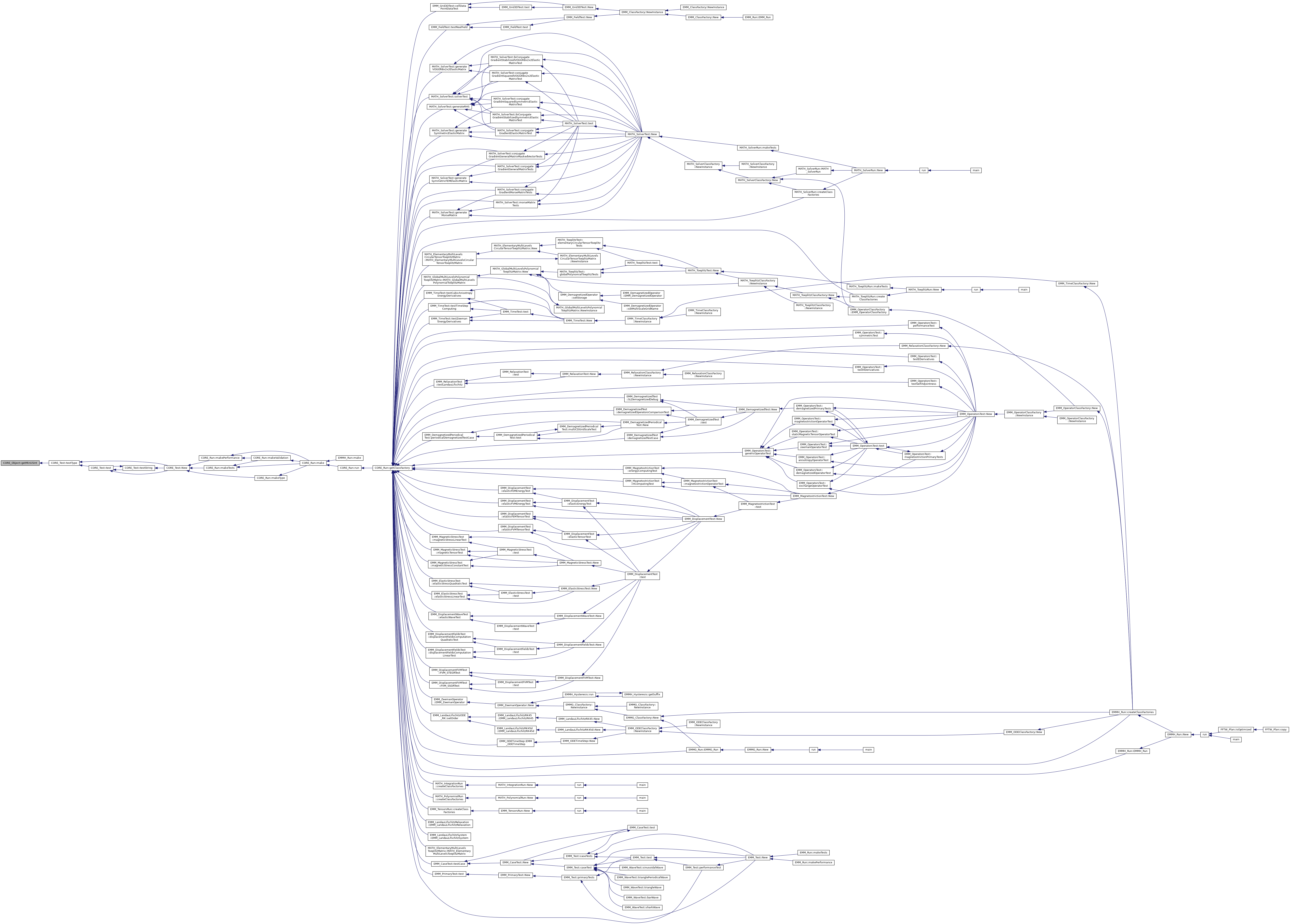
◆ getOut()
|
inlinestatic |
◆ getPointerAddress()
|
inline |
return the identity string of the object
- Returns
- the identity string of the object
References pointer2String().

◆ getRealEpsilon()
|
inlinestatic |
get the eps which is the difference between 1 and the least value greater than 1 that is representable.
- Returns
- the eps which is the difference between 1 and the least value greater than 1 that is representable.
Referenced by MATH_P4::solveP4De(), and CORE_Test::testType().
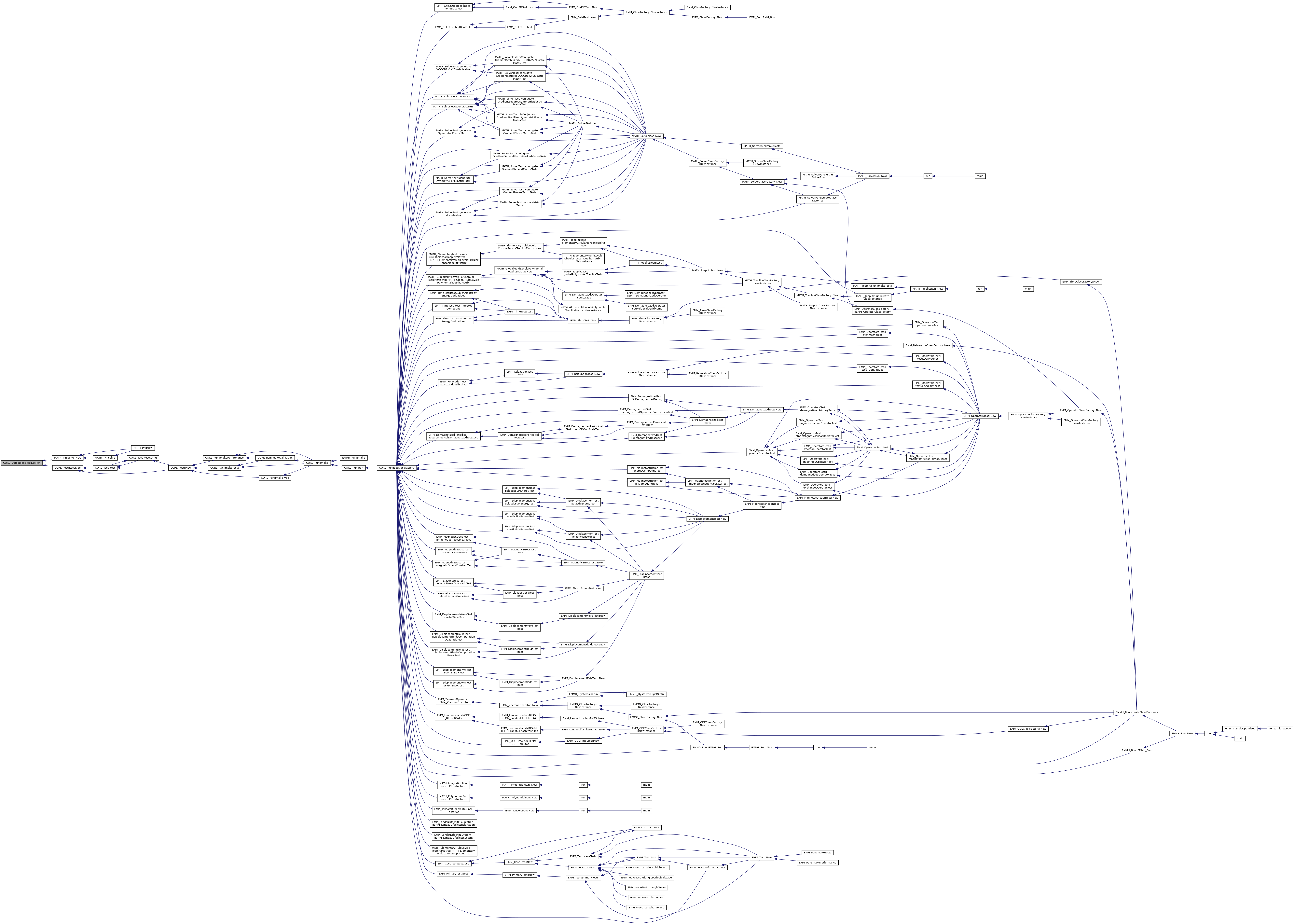
◆ getRealInfinity()
|
inlinestatic |
get the infinity value
- Returns
- the inifinity value for the real type
Referenced by BrentFunction::BrentFunction(), EMM_OperatorsTest::compareDiscretizedData(), EMM_IterativeTimeStep::EMM_IterativeTimeStep(), EMM_SLElementaryDemagnetizedMatrix::Kxy(), NRFunction::NRFunction(), EMM_PolynomialInterpolationTimeStep::optimizeTimeFunction(), and CORE_Test::testType().
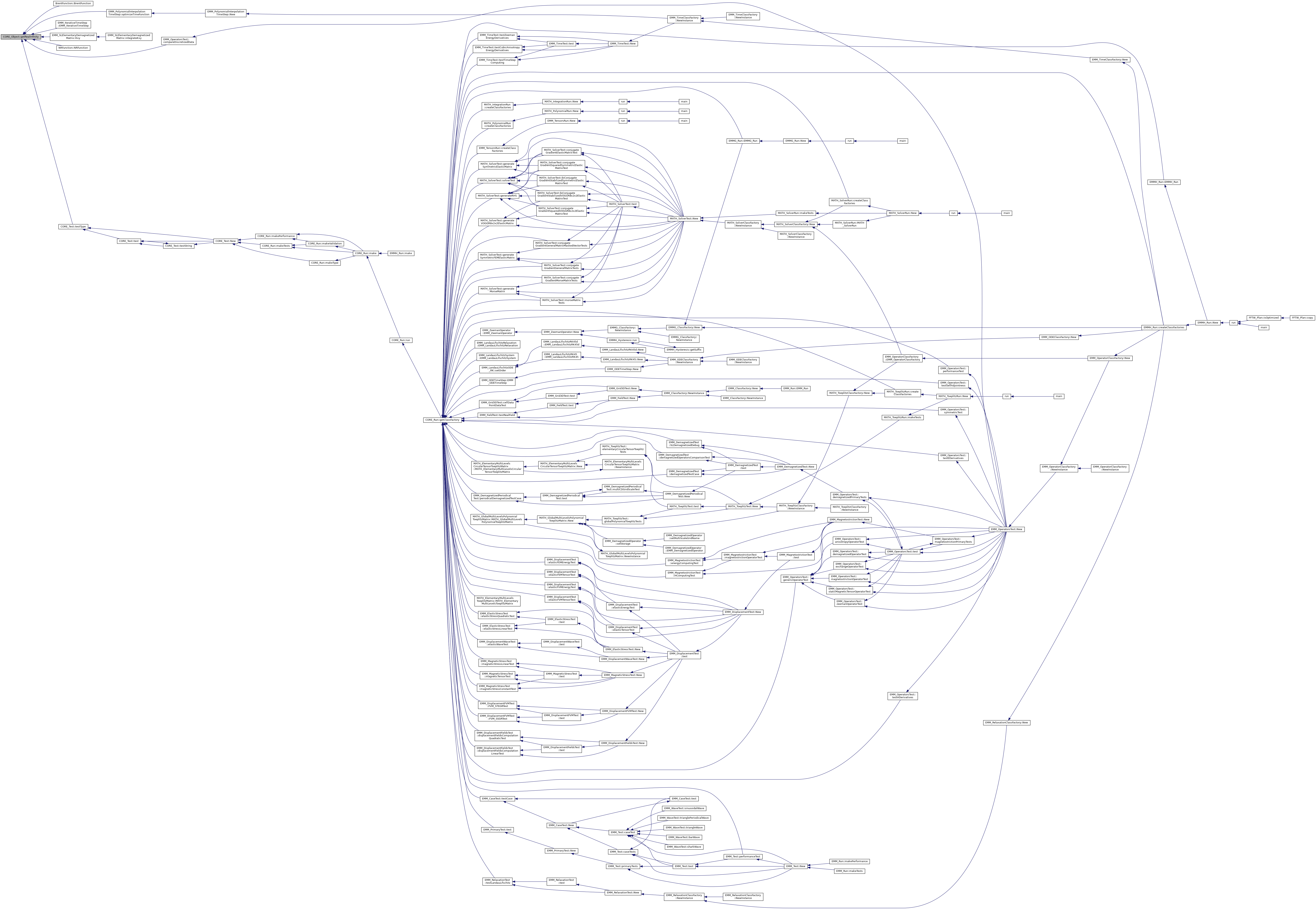
◆ getSharedPointer() [1/2]
|
inline |
get the shared pointer of this class into p
- Parameters
-
p : shared pointer of the class This
Referenced by CORE_Map< Key, Value >::getSharedPointer(), CORE_ArrayList< tString >::getSharedPointer(), EMM_Array< tCellFlag >::getSharedPointer(), CORE_Array< tCellFlag >::getSharedPointer(), CORE_MorseArray< tUChar >::getSharedPointer(), CORE_Vector< T >::getSharedPointer(), and printObjectsInMemory().
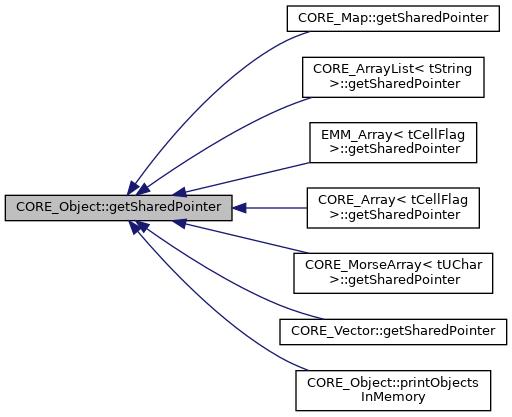
◆ getSharedPointer() [2/2]
|
inline |
get the shared pointer of this class into p
- Parameters
-
p : shared pointer of the class This
◆ getThis() [1/2]
|
inlineprivate |
get this shared pointer associated to this class
- Returns
- shared pointer of the class This
Referenced by EMM_DisplacementOperator::NewEquilibriumMatrix(), EMM_LandauLifschitzSystem::setStepper(), and EMM_Stepper::setSystem().
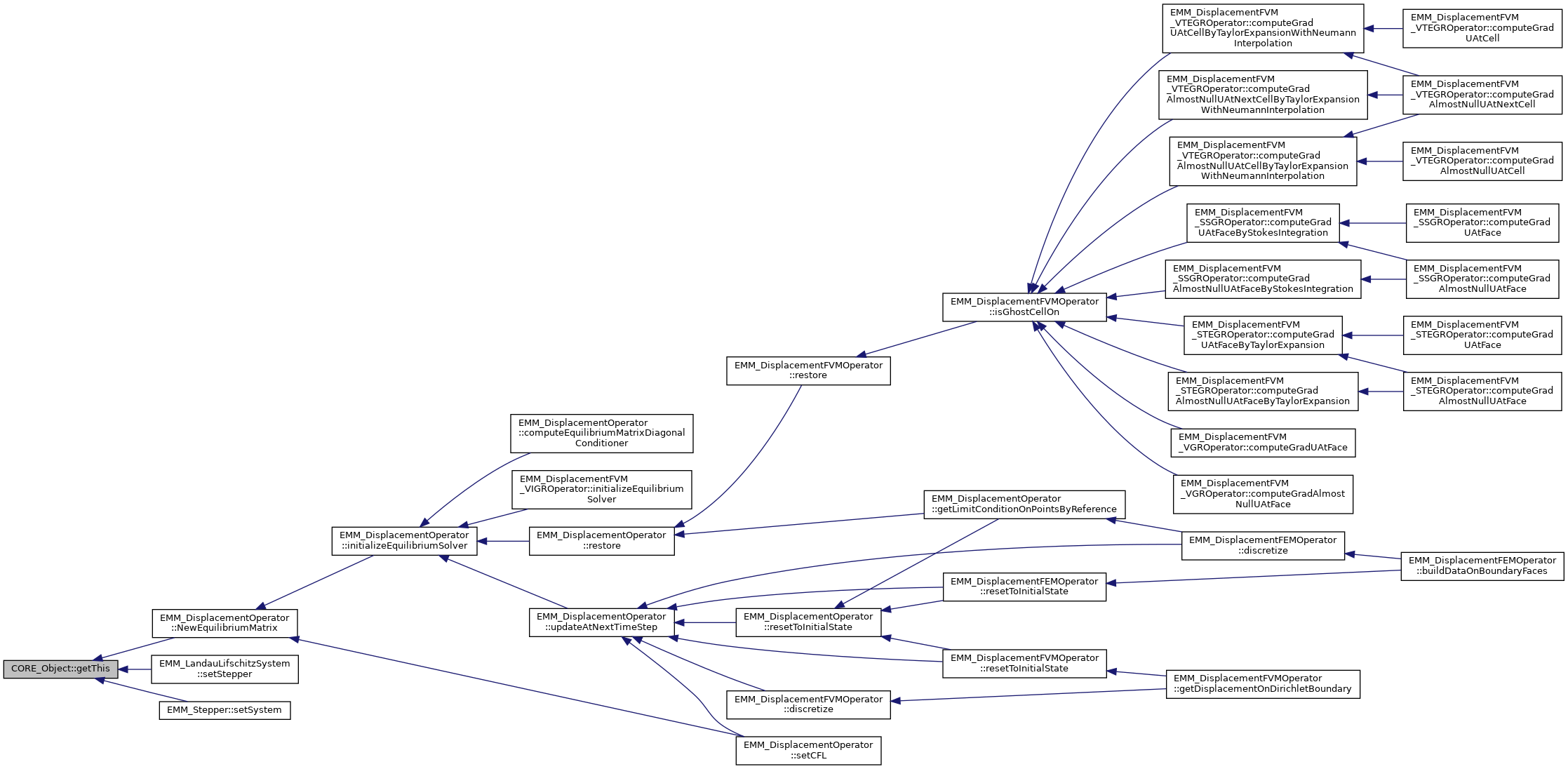
◆ getThis() [2/2]
|
inlineprivate |
get this shared pointer associated to this class
- Returns
- shared pointer of the class This
References CORE_Object(), and ~CORE_Object().

◆ getThread()
|
inlinestatic |
get the profilier
- Returns
- the profiler
Referenced by MATH_MaskVector::add(), MATH_Vector::add(), EMM_DisplacementFEMOperator::addBoundaryElasticStress(), EMM_DisplacementFEMOperator::buildDataOnNeumannBoundaryFaces(), EMM_DisplacementFVMOperator::computeCineticEnergy(), EMM_DisplacementFVMOperator::computeElasticStress(), EMM_DisplacementFEMOperator::computeElasticStress(), EMM_DisplacementFVMOperator::computeElasticTensor(), EMM_DisplacementFEMOperator::computeElasticTensor(), EMM_StaticMagneticTensorOperator::computeEnergy(), EMM_CubicAnisotropyOperator::computeEnergy(), EMM_MagnetostrictionOperator::computeEnergy(), EMM_DisplacementOperator::computeEnergy(), EMM_AnisotropyOperator::computeEnergyWithMagneticExcitation(), EMM_DisplacementFVMOperator::computeEquilibriumMatrixDiagonalConditioner(), EMM_DisplacementFEMOperator::computeEquilibriumMatrixDiagonalConditioner(), EMM_FullExchangeOperator::computeMagneticExcitationField(), EMM_StaticMagnetostrictionOperator::computeMagneticExcitationField(), EMM_LinearAnisotropyOperator::computeMagneticExcitationField(), EMM_StaticMagneticTensorOperator::computeMagneticExcitationField(), EMM_CubicAnisotropyOperator::computeMagneticExcitationField(), EMM_MinimalExchangeOperator::computeMagneticExcitationField(), EMM_AnisotropyOperator::computeMagneticExcitationField(), EMM_MagnetostrictionOperator::computeMagneticExcitationField(), EMM_CubicAnisotropyOperator::computeMagneticExcitationFieldGradient(), EMM_AnisotropyOperator::computeMagneticExcitationFieldGradient(), EMM_DisplacementFVMOperator::computeMagneticStress(), EMM_DisplacementFEMOperator::computeMagneticStress(), EMM_OptimalTimeStep::computeOptimalTimeStep(), EMM_DisplacementFEMOperator::computeStressConstraintEnergy(), EMM_FullExchangeOperator::discretize(), EMM_MinimalExchangeOperator::discretize(), EMM_CondensedMassMatrix::discretize(), EMM_LinearAnisotropyOperator::discretize(), EMM_AnisotropyOperator::discretize(), EMM_DemagnetizedOperator::discretize(), EMMG_SLDemagnetizedOperator::discretize(), EMM_LandauLifschitzSystem::discretize(), MATH_Vector::divide(), MATH_MaskVector::dot(), MATH_Vector::dot(), EMM_4SymmetricTensors::doubleDot(), EMM_4Tensors::doubleDotCrossDoubleDotScalar(), EMM_4Tensors::doubleDotCrossProduct(), EMM_4Tensors::doubleDotCrossSquaredScalar(), EMM_4Tensors::doubleDotProduct(), MATH_Vector::init(), MATH_MaskVector::init(), EMM_LandauLifschitzODE_RK::integrateMagnetizationFieldAtTime(), EMM_DisplacementFVM_Interpolator::interpolateUAtVertices(), EMMG_SLDemagnetizedOperator::localAssembly(), EMM_DisplacementOperator::nullProjectionOnDirichletBoundary(), EMM_DisplacementOperator::periodicProjection(), EMM_2PackedSymmetricTensors::product(), EMM_CanonicalMassMatrix::product(), MATH_FullMatrix::product(), EMM_CondensedMassMatrix::product(), EMM_BlockMassMatrix::product(), MATH_MorseMatrix::product(), EMMG_SLDemagnetizedOperator::product(), EMM_DisplacementOperator::projectionOnDirichletBoundary(), EMM_LandauLifschitzSystem::resetOperatorsToInitialState(), EMM_DisplacementFVMOperator::setBoundaryFaceTypes(), FFTW_MultiDFTs::setFFT(), FFTW_MultiLevelsDFT::setFFT(), FFTW_MultiLevelsDFT::setLevels(), FFTW_MultiDFTs::setPlan(), FFTW_MultiLevelsDFT::setPlan(), EMM_CondensedMassMatrix::solve(), EMM_LandauLifschitzODE::solveODE(), EMM_4SymmetricTensors::squaredDoubleDot(), EMM_4Tensors::squaredDoubleDotCrossScalar(), EMM_4Tensors::squaredDoubleDotScalar(), EMM_CanonicalMassMatrix::symmetricDot(), EMM_CondensedMassMatrix::symmetricDot(), EMM_BlockMassMatrix::symmetricDot(), FFTW_Test::test(), MATH_SolverTest::test(), EMM_ODETest::testODE(), and EMM_Grid3D::updateLimitConditionOnPoints().

◆ getTypeName()
|
inlinestatic |
◆ is32Architecture()
|
inlinestatic |
return true if the machine is a 32 bits machine
- Returns
- true is the computing is done in a 32 bits machine
References pointer2String(), printObjectsInMemory(), and tString.
Referenced by CORE_Test::testType().


◆ is64Architecture()
|
inlinestatic |
return true if the machine is a 64 bits machine
- Returns
- true is the computing is done in a 64 bits machine
Referenced by EMM_VTK::getVTKType(), and CORE_Test::testType().
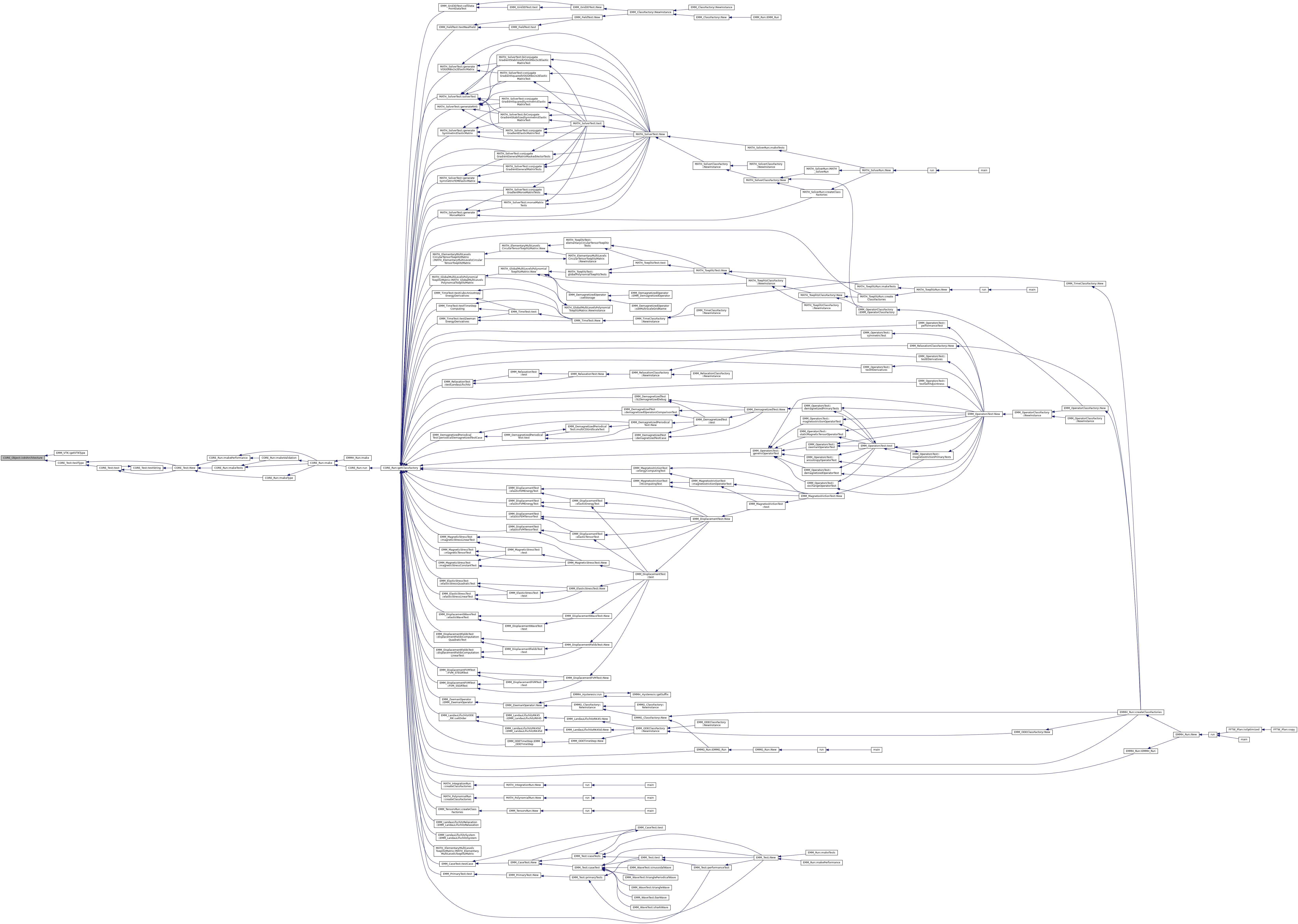
◆ isInstanceOf() [1/2]
|
inline |
test if the clas T is an instance of this class
- Returns
- true if the object is an instance of T
References null.
Referenced by MATH_ToeplitzTest::toeplitzTest().

◆ isInstanceOf() [2/2]
test if the object is an instance of className
- Parameters
-
name name of the class
- Returns
- true if the object is an instance of class Name
References getIdentityString().

◆ isMemoryChecked()
|
inlinestatic |
get if the memory checking is used
- Returns
- true: if the memory checking is used.
References getClassName(), mIsMemoryTesting, and tString.
Referenced by main().


◆ out()
|
inlinestatic |
get the output
- Returns
- the output stream
Referenced by EMM_Matter::adimensionize(), EMM_DisplacementFVMOperator::backup(), EMM_DisplacementOperator::backup(), MATH_ElementaryMultiLevelsToeplitzMatrix::buildSpectralVectorProjector(), EMM_Test::caseTest(), EMM_Test::caseTests(), EMM_MatterField::computeAnisotropyDirectionsField(), EMM_OptimalTimeStep::computeOptimalTimeStep(), MATH_MultiLevelsToeplitzMatrix::copy(), CORE_Exception::CORE_Exception(), EMM_MatterField::createAnisotropyOperator(), CORE_Run::createIO(), EMM_ElementaryTest::defaultBackupTest(), EMM_ElementaryTest::defaultTest(), MATH_MultiLevelsFFTToeplitzMatrix::diagonalize(), EMM_DisplacementFVMOperator::discretize(), EMM_MagnetostrictionOperator::discretize(), EMM_DisplacementFEMOperator::discretize(), EMM_4SymmetricTensors::doubleDot(), EMM_4Tensors::doubleDotCrossDoubleDotScalar(), EMM_TensorsTest::doubleDotCrossDoubleDotScalarTests(), EMM_4Tensors::doubleDotCrossProduct(), EMM_TensorsTest::doubleDotCrossProductTests(), EMM_4Tensors::doubleDotCrossSquaredScalar(), EMM_TensorsTest::doubleDotCrossSquaredScalarTests(), EMM_4Tensors::doubleDotProduct(), EMM_TensorsTest::doubleDotProductTests(), EMM_DisplacementWaveTest::elasticWaveTest(), EMM_Test::elementaryTests(), FFTW_Test::fftwTutorial(), MATH_IntegrationTest::gaussLegendreTest(), EMM_MagnetostrictionTest::HComputingTest(), EMM_DemagnetizedPeriodicalTest::HTest(), EMMH_HysteresisTest::hysteresisDefaultCycleTest(), EMM_TensorsTest::initializationTests(), EMM_MultiScaleGrid::initialize(), EMM_MultiScaleSDGrid::initialize(), EMM_MatterField::loadFromANIFile(), EMM_AnisotropyDirectionsField::loadFromFile(), EMM_Matter::loadFromFile(), EMM_Grid3D::loadFromGEOFile(), EMM_MatterField::loadFromLOCFile(), EMM_Array< tCellFlag >::loadFromStream(), EMM_Matter::loadFromStream(), EMM_Matter::loadMattersFromFile(), EMM_Run::loadSystemFromOptions(), EMM_ElementaryTest::magnetostrictionBackupTest(), CORE_Run::make(), EMMH_Run::makeHysteresis(), EMM_Run::makeRun(), CORE_Run::makeType(), EMM_ElementaryTest::optionsTest(), MATH_PolynomialTest::P4Tests(), EMM_Test::primaryTests(), EMM_LandauLifschitzSystem::printLog(), CORE_Run::printOptions(), EMM_2PackedSymmetricTensors::product(), EMMG_SLDemagnetizedOperator::projectionOnSpectralSpace(), CORE_Run::readOptionsFromCommandLine(), CORE_Test::readVectorTest(), EMM_DemagnetizedPeriodicalTest::relaxationTest(), EMM_DisplacementFVMOperator::restore(), EMM_DisplacementOperator::restore(), EMM_Input::restoreBackup(), EMMH_Hysteresis::run(), EMM_Output::save(), EMM_AnisotropyDirectionsField::saveToFile(), EMM_MatterField::saveToFile(), EMM_Grid3D::saveToGEOFile(), CORE_IOTest::searchTest(), EMMH_Hysteresis::setInitialMagnetizationField(), MATH_MultiLevelsToeplitzMatrix::setLevels(), EMM_4SymmetricTensors::squaredDoubleDot(), EMM_4Tensors::squaredDoubleDotCrossScalar(), EMM_TensorsTest::squaredDoubleDotCrossScalarTests(), EMM_4Tensors::squaredDoubleDotScalar(), EMM_TensorsTest::squaredDoubleDotScalarTests(), EMM_TensorsTest::squaredDoubleDotTests(), EMM_MatterTest::testAdimensionize(), EMM_MatterTest::testANIFile(), CORE_Test::testComplex(), CORE_Test::testDateWeek(), FFTW_Test::testDFT(), EMM_MatterTest::testIO(), EMM_ODETest::testODE(), CORE_Test::testOut(), CORE_Test::testReal(), EMM_FieldTest::testRealArray(), EMM_Grid3DTest::testSegment(), EMM_Grid3DTest::testThinSheet(), CORE_Test::testTime(), CORE_Test::testType(), MATH_FullMatrix::toString(), EMM_DemagnetizedPeriodicalTest::xyPeriodicalCubeSDGTest(), and EMM_DemagnetizedPeriodicalTest::xyPeriodicalSheetSDGTest().

◆ pointer2String()
|
static |
return the string representation of a pointer
- Parameters
-
obj : oject to get the string pointer
- Returns
- the string pointer of the object
References tString.
Referenced by CORE_Object(), getIdentityString(), getPointerAddress(), is32Architecture(), and ~CORE_Object().

◆ printObjectsInMemory() [1/2]
|
static |
print object in memory
- Parameters
-
f : output to print the objects in memory
References getIdentityString(), getSharedPointer(), mIsMemoryTesting, mObjects, and tInteger.

◆ printObjectsInMemory() [2/2]
|
inlinestatic |
print object in memory in the standart output
Referenced by is32Architecture(), and main().
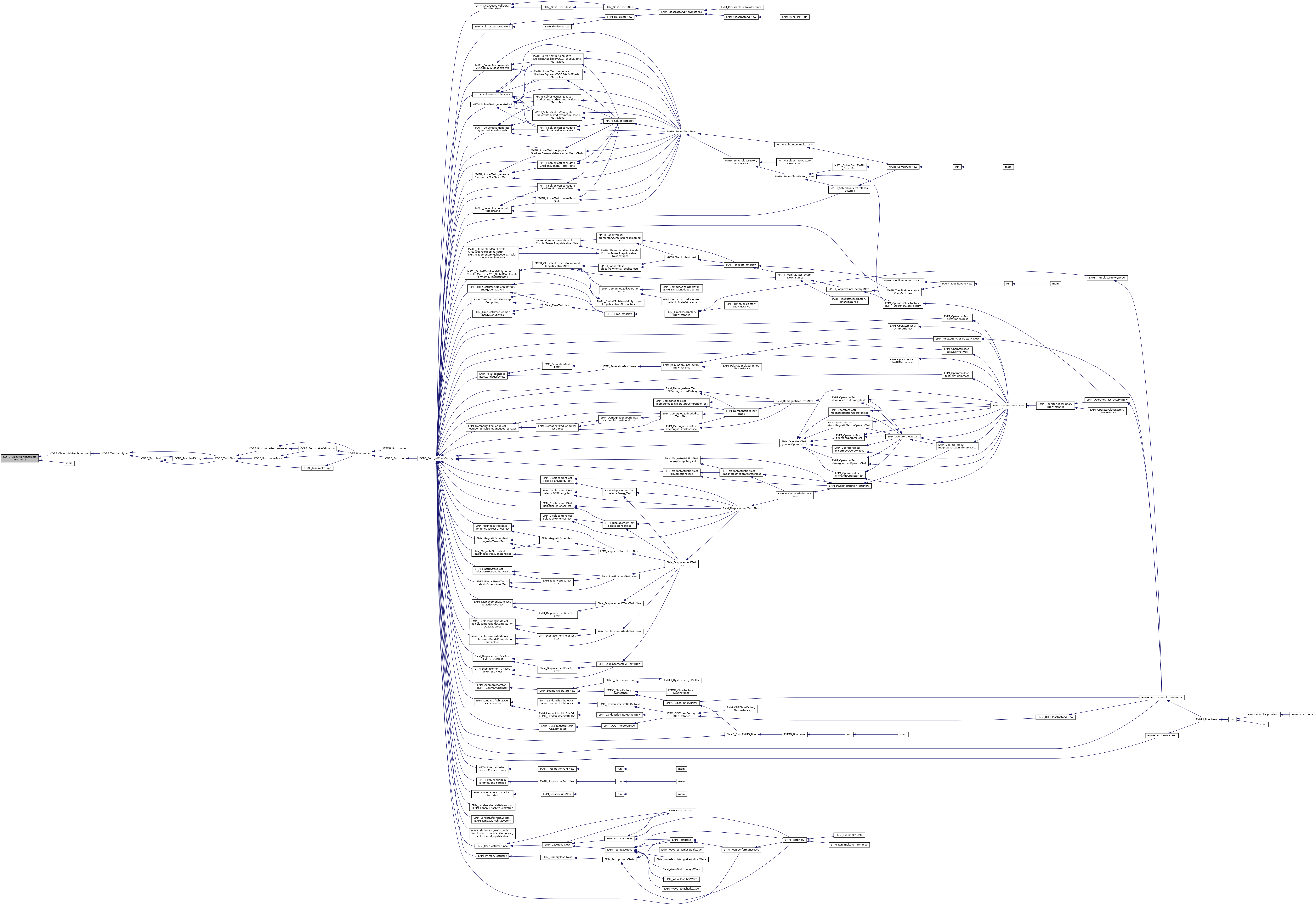
◆ resetOut()
|
inlinestatic |
◆ resetThread()
|
inlinestatic |
◆ setIsMemoryChecked()
|
inlinestatic |
set if the memory checking is used
- Parameters
-
v : true to check memory
Referenced by main().

◆ setOut()
|
inlinestatic |
◆ setThis()
|
inlineprotected |
set this weak shared pointer called toDoAfterThis setting method
- Parameters
-
p : shared pointer of the class This
References toDoAfterThisSetting().

◆ setThread()
|
inlinestatic |
set the thread
- Parameters
-
thread the shared pointer to the thread
References null.
Referenced by EMM_Run::EMM_Run(), EMM_TensorsRun::EMM_TensorsRun(), and MATH_SolverRun::MATH_SolverRun().

◆ toDoAfterThisSetting()
|
inlineprotectedvirtual |
method called after setThis() method this method can oly be called once.
Reimplemented in EMM_DisplacementOperator, EMM_DisplacementFVMOperator, EMM_GaussLegendreRelaxation, EMM_GradGaussLegendreRelaxation, and EMM_Object.
Referenced by setThis().

◆ toString()
|
inlinevirtual |
return the string representation of the object node
- Returns
- the string representation of the object node
Reimplemented in EMM_DisplacementOperator, EMM_LandauLifschitzSystem, CORE_Array< T >, CORE_Array< tReal >, CORE_Array< tUInteger >, CORE_Array< tString >, CORE_Array< tLimitCondition >, CORE_Array< tUIndex >, CORE_Array< tUChar >, CORE_Array< tCellFlag >, EMM_Grid3D, CORE_Time, CORE_Vector< T >, EMM_Matter, CORE_Out, EMM_DisplacementFEMOperator, EMM_RealField, EMM_DisplacementFVMOperator, CORE_MorseArray< T >, CORE_MorseArray< tReal >, CORE_MorseArray< tUIndex >, CORE_MorseArray< tUChar >, EMM_MagnetostrictionOperator, MATH_MultiLevelsToeplitzMatrix, FFTW_ComplexArray, MATSGN_ComplexArray, EMM_MatterField, CORE_Color, FFTW_Complex, EMM_MultiScaleGrid, MATSGN_Complex, EMM_DisplacementFVM_VTEGROperator, EMM_CondensedMassMatrix, EMM_LandauLifschitzFunction, EMM_Tensors, EMM_DisplacementFVM_SSGROperator, EMMG_SLDemagnetizedOperator, EMM_BlockMassMatrix, CORE_Array2D< T >, EMM_DisplacementFVM_STEGROperator, EMMH_HysteresisFile, EMM_IterativeTimeStep, CORE_SharedPointersVMap< Key, Value >, CORE_SharedPointersVMap< tString, const CORE_Object >, CORE_SharedPointersVMap< tString, CORE_Object >, EMM_AnisotropyDirectionsField, EMM_DemagnetizedOperator, CORE_SharedPointersListVMap< Key, Value >, CORE_String, EMM_OptimalTimeStep, MATH_MaskArrayVector, CORE_SharedPointersKVMap< Key, Value >, MATH_ArrayVector, EMM_Stepper, EMM_CanonicalMassMatrix, MATH_Pn, MATH_FullMatrix, EMMG_SLPeriodicMultiScale, EMM_HyperElasticMatter, MATH_Matrix, CORE_Array3D< T >, EMM_CubicElasticMatter, CORE_Complex, CORE_Integer, CORE_Real, and EMM_MagnetostrictiveMatter.
References getIdentityString().
Referenced by CORE_Out::genericPrint(), EMM_VelocitySolverTest::massMatrixTrivialSolverTest(), MATH_ConjugateGradient::solve(), CORE_SharedPointersKVMap< Key, Value >::toString(), CORE_SharedPointersListVMap< Key, Value >::toString(), CORE_SharedPointersVMap< tString, CORE_Object >::toString(), EMM_MagnetostrictionOperator::toString(), EMM_Matter::toString(), and EMM_DisplacementOperator::toString().


Friends And Related Function Documentation
◆ Delete
|
friend |
◆ operator<<
|
friend |
print the class object
- Parameters
-
out : output into printing obj object to print
- Returns
- the output
Member Data Documentation
◆ mIsMemoryTesting
|
staticprivate |
indicator to store all classes created and deleted only for debuging version
Referenced by CORE_Object(), isMemoryChecked(), printObjectsInMemory(), and ~CORE_Object().
◆ mObjects
|
staticprivate |
Referenced by CORE_Object(), printObjectsInMemory(), and ~CORE_Object().
◆ mThis
|
private |
◆ OUT
|
staticprivate |
Referenced by getOut().
◆ THREAD
|
staticprivate |
The documentation for this class was generated from the following files:


 1.8.13
1.8.13